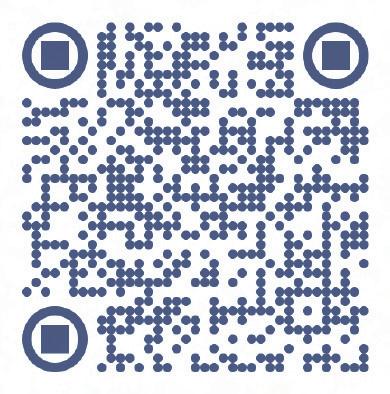
















By
New Yorkers who believe that a win by Democrat Zohran Mamdani in the Nov. 4 mayoral election would be a city-dooming event, have stepped up eleventh-hour efforts to prevent election of the anti-Israel socialist. Last-minute appeals to Jewish voters to support independent candidate Andrew Cuomo, the only viable alternative to Mamdani, include key supporters of red-beret-wearing Curtis Sliwa who have turned against the Guardian Angel.
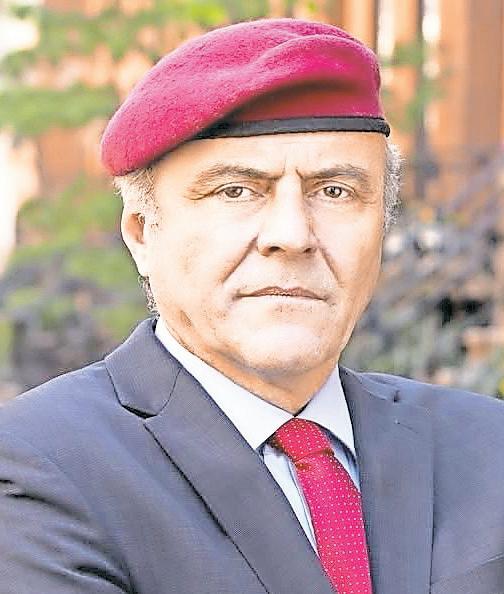

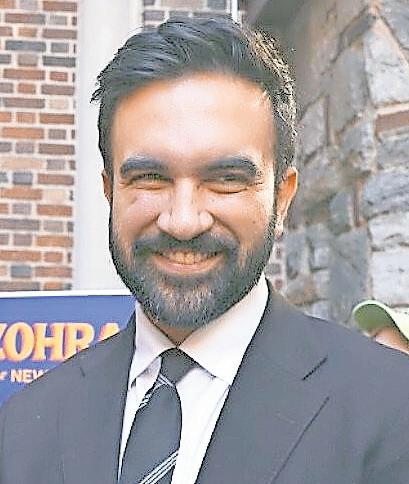
The odds seem insurmountable, but every election is a toss-up until the votes are counted. If you live in NYC: make sure that your vote counts — and urge your friends and relatives to vote as well. Andrew Cuomo is lousy candidate. He was a lousy governor. He’s likely to be less than a stellar mayor. But since he is the only alternative to Zohran Mamdani, he has my vote and he needs yours. No one should delude themselves that they’re being righteous by supporting Curtis Sliwa. A vote for Sliwa is, explicitly, a vote for Mamdani.
Recriminations about how we got to this sorry juncture will come soon enough after the election. For now, it’s sufficient to acknowledge that Mamdani as mayor of the largest Jewish city outside of Israel would be very bad news. Accept this tip from Perkei Avot: We are not mandated to finish this job, but neither are we excused from trying. Get out and vote. Ed Weintrob, Editor
This is the text of the Shabbat sermon delivered by Elliot Cosgrove at the Park Avenue Synagogue in Manhattan on Shabbat Bereshit.
To be clear, unequivocal, and on the record: I believe Zohran Mamdani poses a danger to the security of New York Jewish community.
Mamdani’s refusal to condemn inciteful slogans like “globalize the intifada,” his denial of Israel’s legitimacy as a Jewish state, his call to arrest Israel’s Prime Minister should he enter New York, and his thrice-repeated accusation of genocide in Thursday’s debate — for these and so many other statements, past, present, and unrepentant — he is a danger to the Jewish body politic of New York. … Zionism, Israel, Jewish self-determination — these are not political preferences or partisan talking points. They are constituent building blocks and inseparable strands of my Jewish identity. To accept me as a Jew but to ask me to check my concern for the people and State of Israel at the door is as nonsensical a proposition as it is offensive — no different than asking
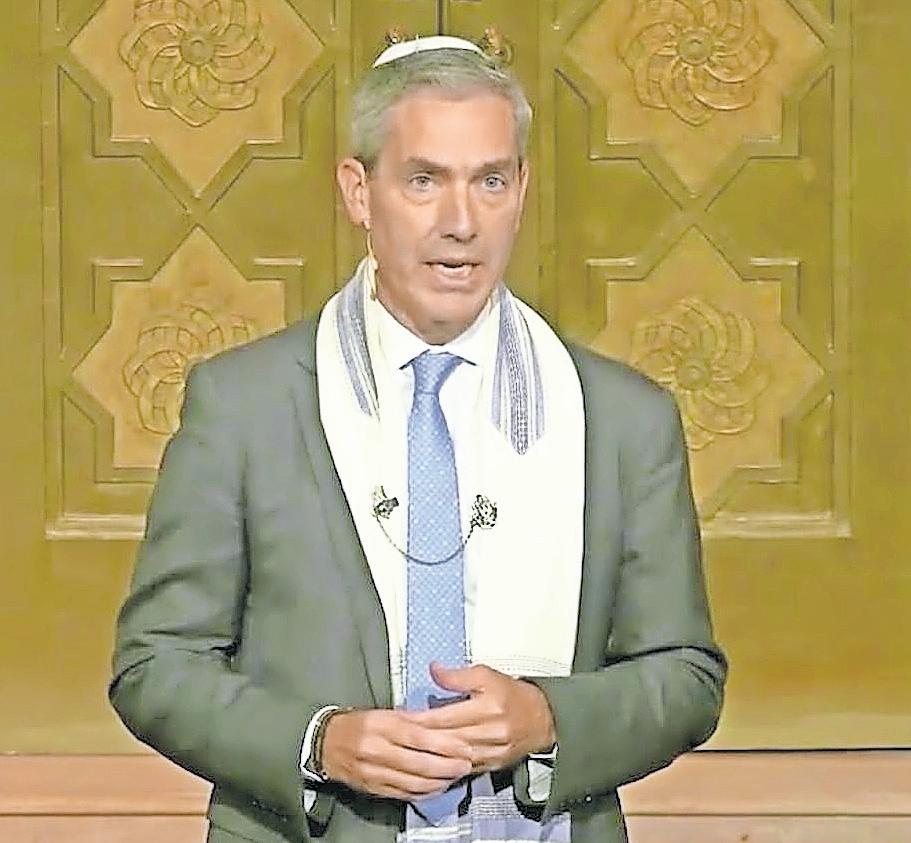
American, and as an American Jew.
me to reject G-d, Torah, mitzvot, or any other pillar of my faith. …
Mamdani’s distinction between accepting Jews and denying a Jewish state is not merely rhetorical sleight of hand or political naivete, though it is, to be clear, both of those things. His doing so is to traffic in the most dangerous of tropes, an anti-Zionist rhetoric that, as we have seen time and again — in Washington, in Colorado, in ways both small and large, online and in person — has given rise to deadly antisemitic violence. This past summer, you may recall, at the Glastonbury Music Festival in England, the crowd erupted into chants of “Death to the IDF.”
Where exactly would a Mamdani administration stand should that happen next summer in a concert on Governors Island, or in Central Park? I am not one to play the politics of fear. The entire thesis of my career is to play offense, not defense. But today, as I have before, I am throwing a flag on the field and calling out a threat to the Jewish people five minutes early rather than risk being five minutes too late.
For me, the breaking point came not with Mamdani’s earlier statements — his accusations of Israeli genocide, his refusal to name Hamas a terrorist organization, or,
Our efforts should be directed to where we have influence and where the needle can be moved.
To those in the middle — the undecided, the proudly Jewish yet unabashedly progressive, the affordability-anxious, Netanyahu-weary, Brooklyn-dwelling, and social-media-influenced — who need to be engaged. In other words, other Jews. Jews who may not be you, but may be your friends, may be your children, and may be your grandchildren.
for that matter, the flimsiness of his experience, policies, and associations [but] in a statement he made to a Brooklyn synagogue last week, when he sought to assure that community, as reported in the press, that his views on Israel would not amount to a litmus test for service in his administration.
“I am not a Zionist,” he said. “I’m also not looking to create a city hall or a city in my image. I’m going to have people in my administration who are Zionists — whether liberal Zionists, or wherever they may be on that spectrum.”
And while one could commend Mamdani for focusing on professional qualifications rather than political inclinations, for me, the comment was a most unsettling tell. It was reminiscent of a scene from the classic cult comedy “Ted 2.” John, played by Mark Wahlberg, and his talking bear Ted are talking up their dream of opening an Italian restaurant: Eggplant parm on Tuesdays, half-price chopped salad, a place that’s open and welcoming to everyone. In Ted’s words, “A nonrestricted place — anyone can come. Even Jews are welcome.”
John looks at Ted puzzled. “Well, yeah — why wouldn’t they be? Why even bring that up?”
Ted earnestly replies, “You don’t bring it up. You just let ’em in.”
“So why mention it?” John asks.
Ted responds, “No one will.”
Around and around they go, comic brilliance of a “Who’s on first” variety, but in this case, a parody of the casual bigotry that hides behind the veneer of friendliness, a scene that exposes the absurdity of believing that Jewish inclusion is something to be granted or announced, rather than assumed as a given.
But what is comic genius in a movie is nefarious and dangerous in real life. When Mamdani says that “Zionists are welcome” in his administration, he may think he’s offering reassurance, but he is in fact revealing something much darker — the assumption that Jewish self-determination is an ideology to be tolerated, rather than a birthright to be respected. The very need to say it betrays a bias so deeply held by Mamdani himself and his circle that it should make every one of us shudder.
Clear, unequivocal, and on the record: Mamdani poses a danger to the security of the New York Jewish community, and — if you play out the chess game of Democratic party politics — a danger that could have much wider consequences. … Mobilize your networks. Every vote matters. A vote for Mamdami is a vote counter to Jewish interests. A vote for Sliwa, whatever
his merits, is a vote for Mamdani. There is a path to victory, but it means every eligible voter must vote. Nobody sits this one out.
I am glad to have said what I said. It feels good to get it off my chest and I imagine for most of you, it feels good to hear me say it.
There are others, I know, who disagree. First, those who believe there is a danger to essentializing the Jewish people to one issue — Israel. We will get to those people. And then there are those who agree with my concerns but believe it to be unwise to give voice to them given the likelihood of Mamdani’s election. Better, they say, to hold my tongue in anticipation of the need to work with him. I hear the concern and I respect those sharing it. I understand the pragmatism.
15 and 20 percent of the eligible electorate turned out; we must do better.
But all those people — and there are a lot of you — who have emailed me, called me, and texted me urging me to go scorched earth on Mamdani, to invite Andrew Cuomo to address our community, all fail to understand that it is not the Park Avenue Synagogue community that needs convincing but the Korean, African-American, and Latino communities of New York.
We must turn out the vote, but if it is a win that you want, Cuomo needs to speak at more churches and fewer synagogues, more barbershops and fewer boardrooms, up his online game, and meet New Yorkers where they are.
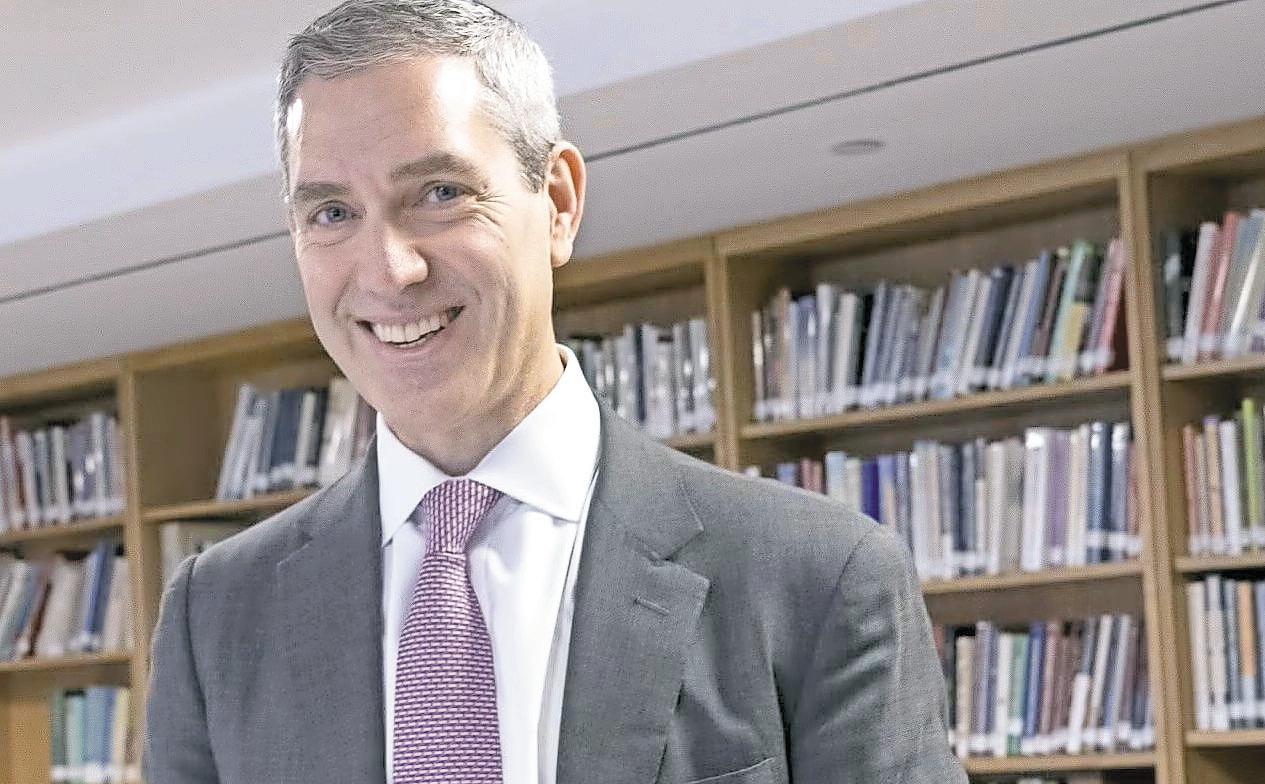
I choose principle instead. Sometimes one needs to take a stand and be on the record, and this is one of those times.
And yet, as good as it feels to speak my mind — and important as it is to do so — the truth is, doing so neither moves the electoral needle sufficiently nor addresses my deeper concern in this mayoral race.
How so? First, I am preaching mostly, if not entirely, to the converted. I had you at hello. For me to name the dangers of an antiZionist mayoral candidate in this community is a declaration so self-evident that not only does it risk being cliché, but it could serve to feed the very intersectional politics that have fueled Mamdani’s campaign in the first place. Hopefully my words today will prompt you and your network of likeminded voters to turn out in this election, and that is not nothing. In the last election, somewhere between
I don’t doubt that Mamdani’s anti-Zionism is heartfelt and sincere, but its instrumentalization as an election talking point should frighten you in that it says more about the sensibilities of our fellow New Yorkers than it does about Mamdani himself.
If it is a win you want, you need to stop directing your angst at your rabbi who already believes what you believe and instead direct it to the issues, places, and people where the needle needs to be moved and can be moved. Because my real concern is the painful truth that Mamdani’s anti-Zionist rhetoric not only appeals to his base but seems to come with no downside breakage.
What business does an American mayoral candidate have weighing in on foreign policy unless it scores points at the ballot box?
I don’t doubt that Mamdani’s anti-Zionism is heartfelt and sincere, but its instrumentalization as an election talking point should frighten you in that it says more about the sensibilities of our fellow New Yorkers than it does about Mamdani himself. The fact that the latest polls suggest that the Jewish community of New York is almost evenly split between Mamdani and Cuomo further names the problem to be not one of our fellow New Yorkers, but our fellow Jews.
Which means that if there is a play to be made here, given the limitations of time, resources, and people, our efforts should not be directed at the folk who don’t need to be convinced: us. Nor for that matter, should we direct our energies at the folk who can’t be convinced; there is nothing you can say that will change those minds.
A vote for Mamdami is a vote counter to Jewish interests. A vote for Sliwa, whatever his merits, is a vote for Mamdani.
Our efforts should be directed to where we have influence and where the needle can be moved. Those in the middle — the undecided, the proudly Jewish yet unabashedly progressive, the affordability-anxious, Netanyahuweary, Brooklyn-dwelling, and social-mediainfluenced — who need to be engaged. In other words, other Jews. Jews who may not be you, but may be your friends, may be your children, and may be your grandchildren. It is these Jews — our friends and our family — who need to be persuaded to prioritize their Jewish selves. It is here that I believe that you can help and maybe, I can help you.
I am imagining an informal campaign, reminiscent of what the comedian Sarah Silverman organized in 2015, when she called on young Jews to go to Florida to persuade their Bubbies and Zaydes to vote for then Senator Barack Obama. It was called “The Great Schlep.”
Now, ten years later, in 2025, we need a great schlep in reverse. Not from the Upper West Side to Surfside, but from Park Avenue to Park Slope. Making the case, sharing your story, and reminding the ambivalent and undecided that Jewish identity is a not a partisan position but a sacred inheritance always in need of defense — especially today.
Who are these Jews about whom I speak?
First, in many cases, they have grown up with an Israeli prime minister with whom they not only do not identify, but who represents the very antithesis of every other liberal Jewish value they hold dear. They don’t want anything to do with Netanyahu or the vision of Israel that he and his government represent. For them, Mamdani’s rejection of Israel may be a difference, but it is one of degree, not in kind.
Second, these Jews feel strongly that they are not voting for the “Mayor of Jerusalem” and therefore local issues preempt everything else — like finding a job and living well in the city in which they were born without having to spend 50% of their monthly paycheck on rent.
Third, the Cuomo you see as a commonsense experienced candidate — who, like any politician, comes with both personal and professional baggage — they see as an exemplar of the same-old, same-old tired politics in desperate need of being rejected. Now you may disagree — with one, two, or all three of these premises — but remember, it is not you who needs to be convinced. People’s perceptions are their realities, and you can’t tell a person how they feel.

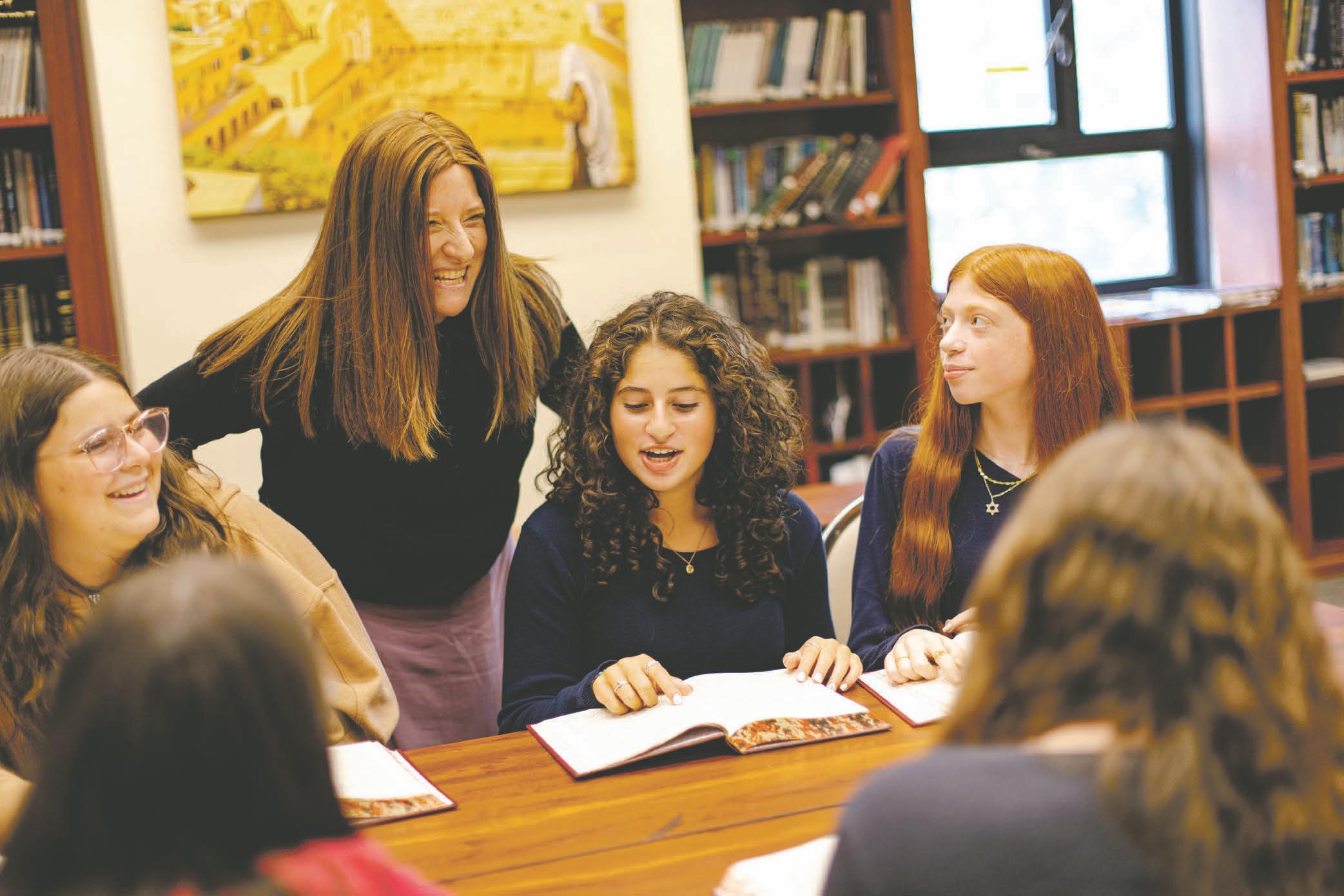
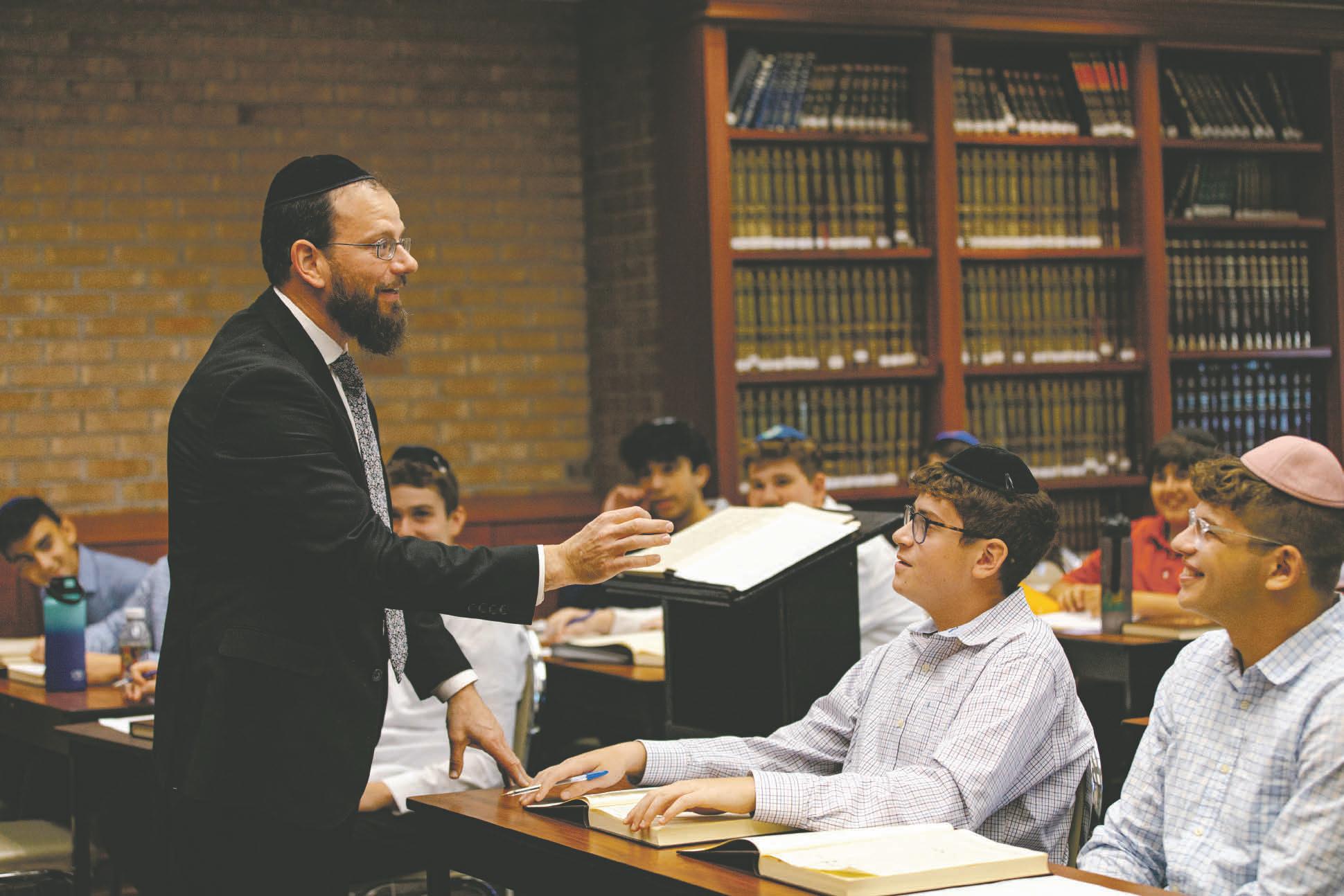
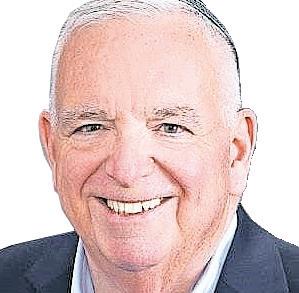
New York Sen. Chuck Schumer has spent years calling himself “the shomer of Yisrael” — the “guardian of Israel.” It’s a title he’s repeated often, especially when he wanted to reassure Jewish voters and pro-Israel supporters that he stood firmly with the Jewish state.
But when it comes to Zohran Mamdani — New York’s radical state assemblyman who parrots Hamas talking points and demonizes Israel at every turn (and stands a good chance of being elected the next mayor of New York City) Schumer has gone silent.
Silence, in moments like this, is not neutrality. It’s cowardice.
Mamdani has referred to Israel’s war of survival — “Swords of Iron” — as a “war of occupation.” He refuses to call Hamas what it is: a terrorist organization that massacred, raped, kidnapped and burned civilians on Oct. 7, 2023. When pressed on his views, Mamdani doesn’t answer the question. He pivots. He blames Israel.
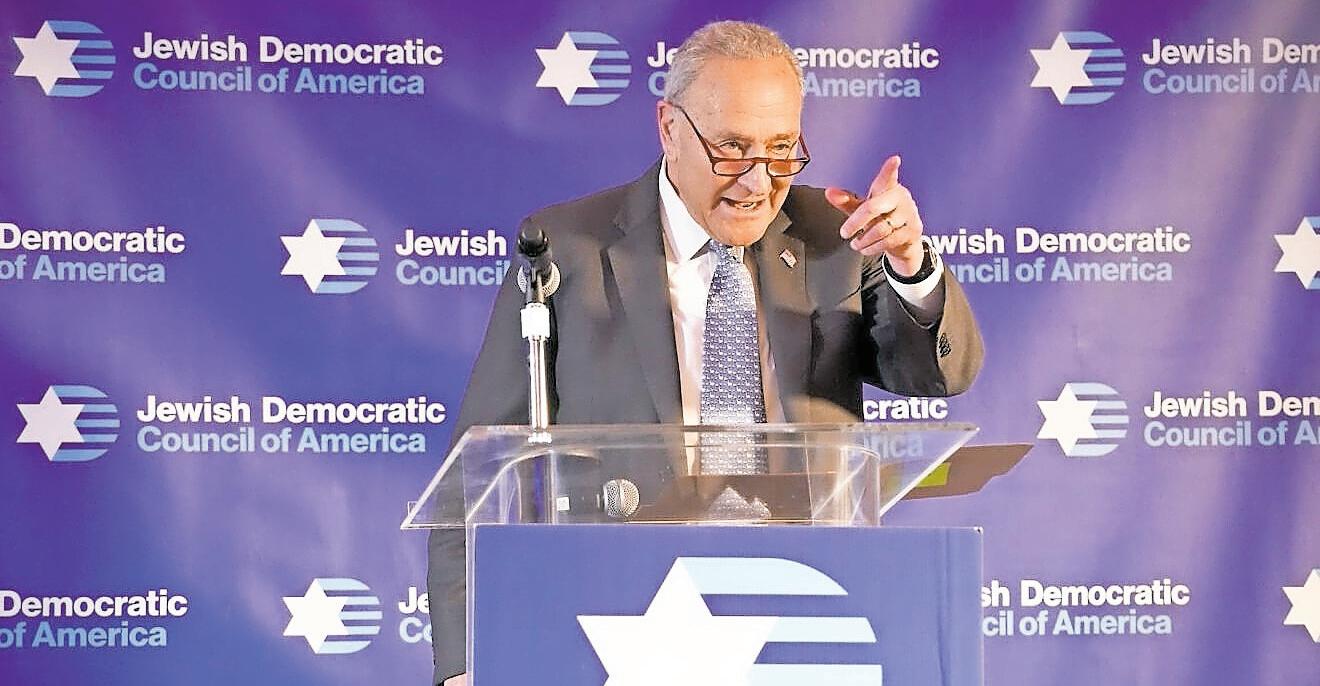
He frames terror as “resistance.” He wraps Hamas’s barbarity in the language of human rights. He’s not just another loudmouth on X. He’s an elected official in Schumer’s own state, representing a growing faction of the Democratic Party that openly sides with Israel’s enemies. And
Continued from page 1
Former Boro Park Assemblyman Dov Hikind, one of Sliwa’s longest and strongest supporters in the Jewish community, flipped on Sunday.
“I have nothing but good things to say about Curtis,” Hikind told the NY Post. “But at the end of the day it’s very clear that Curtis can’t win.”
“I am now asking that you vote for Andrew Cuomo. Why? Because if Mamdani wins, the very future of New York City is at stake.”
Hikind added: “You don’t have to love Cuomo. I’ve been clear about how I feel about him. This election though isn’t about who we like. It’s about saving New York City from Mamdani.”
while Mamdani spews poison and rallies activists, Schumer is nowhere to be found. No statement. No pushback. Not even a polite rebuke. That’s not guardianship. That’s political calculation, plain and simple, and Schumer is an expert at it.
Even Sliwa’s friend, supporter and boss at WABC Radio, Gristedes-owner John Castimatidis, endorsed Cuomo, after failing to convince Sliwa to drop out.
Last week, billionaire investor Bill Ackman, an outspoken advocate of Jewish interests during the antisemitic surge in the US, said he believed Sliwa was refusing to quit the race because those close to him were benefiting from millions of dollars poured into his campaign through the city’s campaign finance program.
Schumer knows that Mamdani represents the progressive activist base that Democrats are afraid of crossing. He also knows that standing up to them takes courage. And that’s exactly what he’s avoiding. But leadership isn’t about convenience. It’s about standing up when it matters most.
This isn’t just about Mamdani. It’s about the normalization of anti-Israel rhetoric inside the Democratic Party, including in the state of New York, the geographical area with the largest Jewish population outside of Israel. When the party’s most powerful Jewish elected official refuses to confront it, the message to the haters is clear: You have nothing to fear.
It’s also a message to the Jewish community: Don’t count on Schumer when things get uncomfortable.
Schumer cannot claim the mantle of shomer while pretending that Mamdani doesn’t exist. Guardians don’t hide when enemies approach the gate to destroy you. They stand up, speak out and lead.
Right now, Chuck Schumer is failing that test. The question is whether he will find his voice or continue to prove that his self-appointed title was always just a slogan.
Write: Columnist@TheJewishStar.com
The program matches many contributions 8-to-1 (with a $100 contribution to a qualified campaign netting the campaign $800). It was reported that Sliwa’s wife draws one of the highest salaries in the campaign. If Sliwa withdraws from the race, he might have to return some of those funds after a post-campaign audit.
“The personal greed from Sliwa’s campaign staff jeopardizes the future of what once was America’s greatest city,” the right-wing Washington Examiner opined on Tuesday.

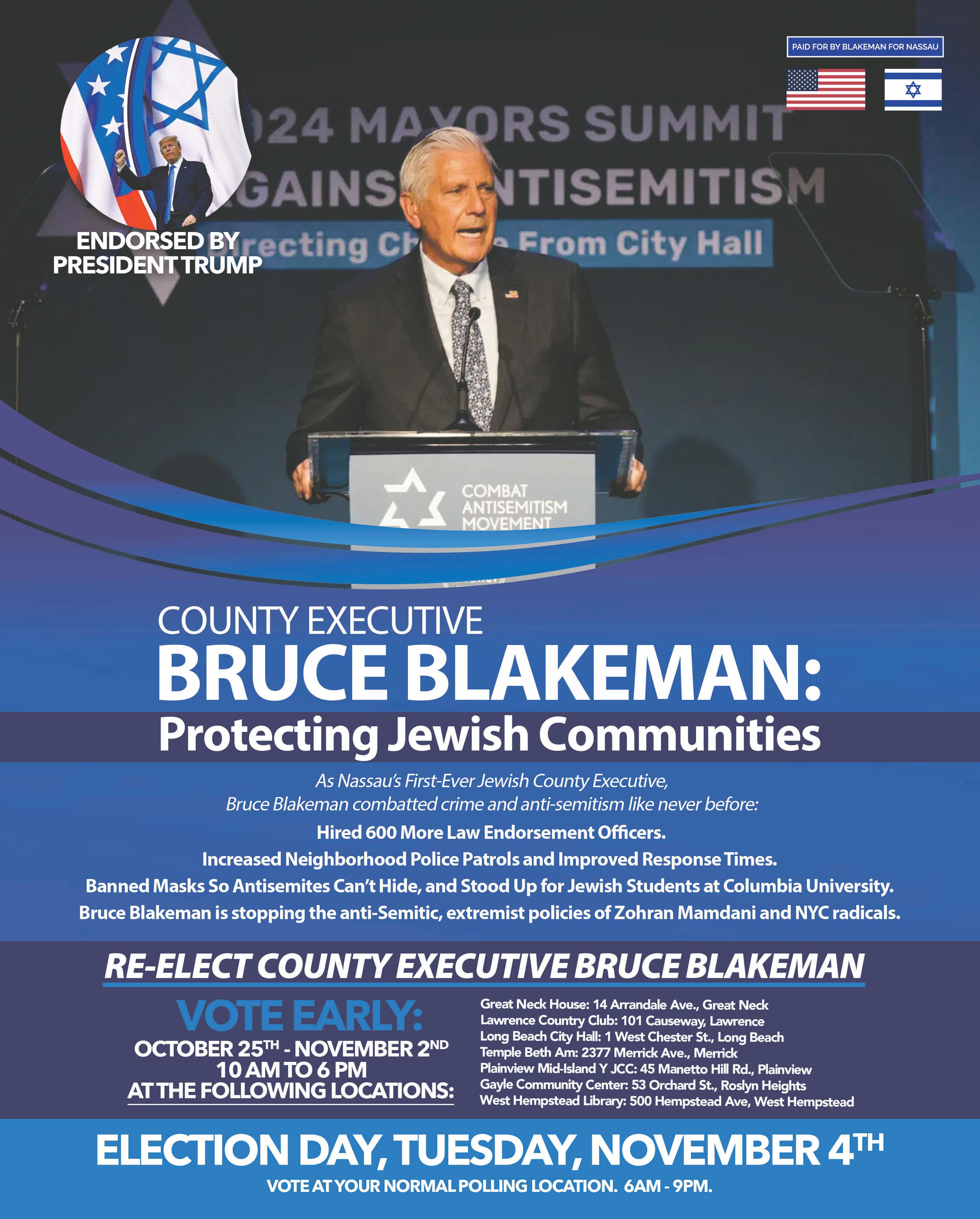
The storyline of “Playing Shylock” is this: A production of “The Merchant of Venice” is cancelled mid-performance after public outcries. The actor playing Shakespeare’s most controversial character steps out of role and into the spotlight. This isn’t just another cancelled show — it’s a cultural flashpoint where centuries of artistic tension collide with today’s call for accountability, all channeled through one actor’s stunning, impromptu plea for understanding.
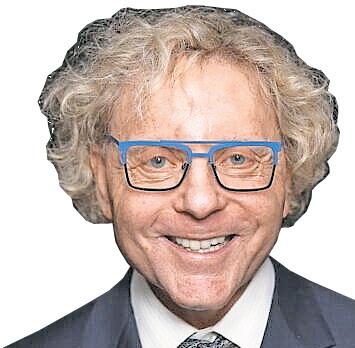
With antisemitism both on the rise and yet purposely dismissed — a not uncommon paradox associated with the world’s oldest prejudice — what better place to reimagine this quirk of political correctness than on a stage, with the most infamous of Jewish fictional characters: the moneylender from Shakespeare’s “The Merchant of Venice,” Shylock.
But rather than simply watch the play about a Jew who demands his pound of Christian flesh, better to give the source material a metafictional spin and psychoanalyze a culture that might otherwise be inclined to cancel such a provocative play.
That’s precisely what is on stage at the Polonsky Shakespeare Center, home of Theatre for a New Audience — Off-Broadway in Brooklyn’s Fort Greene neighbhorood, running until Dec. 7.
A one-man show, “Playing Shylock,” starring the Canadian Jewish actor, Saul Rubinek, reveals itself as a master class in the perils of political correctness and its devastating assault on artistic expression.
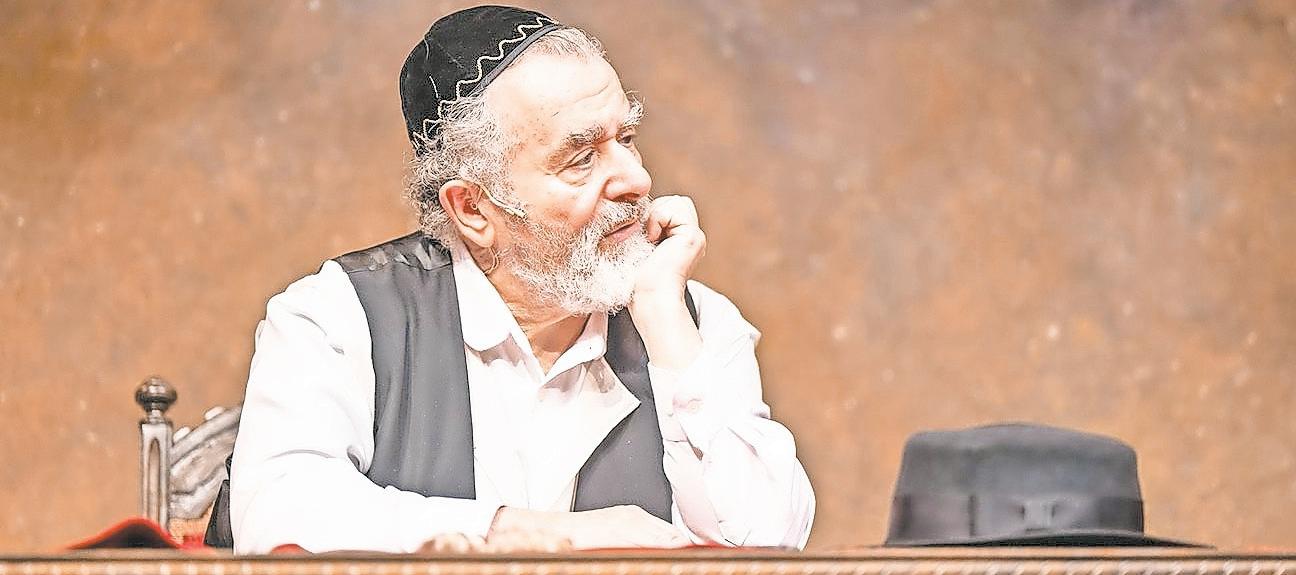
Rubinek is a trained Shakespearean who joined the Stratford Ontario Shakespeare Festival as an eight-year-old. He is easily recognizable as a character actor from his nearly 200 screen credits, including TV’s “Frasier” and “The Marvelous Mrs. Maisel,” and movies such as “Wall Street” and “Unforgiven.”
But he was also born in a displaced persons camp where his father — himself a Polish-Yiddish actor — directed and starred in some of the first productions seen by Holocaust survivors who were, haltingly, returning to civilization.
Rubinek was literally born to play Shylock, especially because his father always wanted to
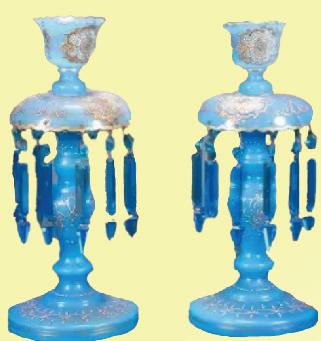




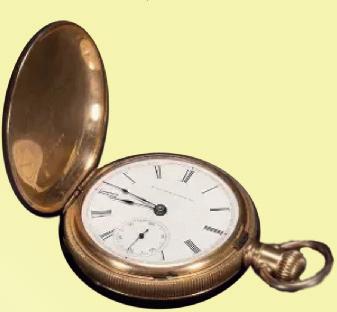



play the part back in Poland, where Shakespeare was often performed in Yiddish. But neither of the Rubineks ever got the chance — “Playing Shylock,” alas, is a misnomer.
That’s because the central premise of the play involves a curtain coming down for good on “The Merchant of Venice”: Shylock doesn’t receive his revenge, and Rubinek has the part stolen out from under him by the spiteful hordes on social media. What if, after receiving fine reviews, the cast shockingly learns during intermission that all future performances are hereby cancelled? Rubinek takes the stage to announce that the unseen cast will not be coming back.
Sorry, folks, in a culture that has become so inhospitable to artistic freedom, the show must not go on.
Still in Hasidic costume — bitter with disappointment, brimming with reflection, heartbroken over a dream performance undelivered — Rubinek’s unrequited Shylock spends the next two hours conversing with the audience about the subtext of the play, the improbability of Shakespeare’s authorship, the inexorable death of a culture poisoned by rigid multiculturalism, and the dearth of actual Jews cast in theater and film nowadays.
Why was the play within the play cancelled? The anonymous morons with X and Instagram accounts who wield such an outsized influence on our cultural tastes and taboos are raging without reason. The new Dark Ages are upon us, with social media masses caring little for how many theaters actually go dark.
Is Shylock too “toxic” an antisemitic depiction of Jews? After all, “The Merchant of Venice” was Adolf Hitler’s favorite play. Yet, for the first 300 years after it was first performed, it was more widely produced than “King Lear” and “Hamlet.” For most of the 20th century, however, the play was consigned to the dustbin of problematic, forbidden art. “Playing Shylock” now offers contemporary reasons for keeping the curtain closed.
For instance, with antisemitism once more the rage, could a timely production of “The Merchant of Venice” foment even more hostility against Jews — even in a place like New York City, where Jews, and their imprint on culture, are ubiquitous and undeniable?
If “The Merchant of Venice” can’t be tolerated in Brooklyn, then it’s unfit for cultural consumption everywhere!
Aculture that refuses to risk offending the sensitivities of its audience and demands that artists jettison their imaginations will produce derivative and tedious art. Contrary to woke opinion, artistic excellence and cultural appropriation are one and the same.
As Rubinek observes, “But needing to be the character you play … is that still acting? Acting
Acting is ‘appropriation.’ We take on other lives. Other stories.
is ‘appropriation.’ We take on other lives. Other stories.”
And those stories are not just for show. “The Merchant of Venice” has much to say about Christians and Jews, fathers and daughters, duplicitous friends and broken promises.
The story of Shylock is not entirely fictional, after all. Such a trial once took place in Venice: A Jewish moneylender confined to a ghetto, mocked in the town square, cursed in his transactions, stripped of his possessions and forced to renounce his faith — nearly 350 years before Hitler!
This is, in fact, precisely the time for a Jewish actor — who happens to also look Jewish and possesses the stereotypical #jewface — to remind audiences what Shakespeare was trying to impart at the Globe Theatre. Demanding a pound of flesh in satisfaction of a commercial debt is unnatural for a Jew and unlawful under Jewish law.
The Christians who rob him of his dignity and most precious possessions, and run off with his daughter, have unleashed the Jew who sharpens his knife in court. Can he be blamed for what they made him become? The actual merchant of Venice, Antonio, who was bound to Shylock, could have avoided the moneylender’s vengeance by simply treating him with respect.
It’s a necessary, humanistic object lesson that goes unlearned simply because of the play’s unflattering depiction of Jews and their slavish relationship to money — forced upon them by prejudicial, haughty Christians. Besides, the play’s message extends beyond a business transaction gone awry. It’s also a study in standing for principle, something these Venetian playboys who persecute Shylock know nothing about.
Early in the play, when Shylock discovers that his late wife’s ring has been stolen and hocked for a monkey, he declares that he wouldn’t part with that ring for an entire wilderness. Meanwhile, two of Antonio’s posse dispense with their wedding rings in complete disregard of their marriage vows.
“Playing Shylock” is a public plea for far more than merely allowing Rubinek to play the part. A stifling adherence to identity politics that banishes the Jewish moneylender wouldn’t make the world any safer for Jews, or more abundant in cultural richness.









For a young professional who just wants to live a frictionless Jewish existence, who would like nothing more than to return to a pre-October-7th life when being a Jew was a nonevent, it is infinitely more appealing to keep one’s head down and vote for the candidate who is believed to be the one who will do the greatest good for greatest number of New Yorkers, no matter how preposterous some of his proposals are. It is just plain easier to do so, even if that means putting issues of Jewish concern second, even if that candidate lacks the credentials to run my fantasy football league, never mind the most complicated city in America.
So, when you talk to your friend, your colleague, your child, grandchild, niece, or nephew, under no circumstances should you roll your eyes or wag your finger. Do not do so because such an approach is sure to backfire and, more importantly, do not do so because doing so delegitimizes the altogether legitimate thoughts that the other person holds. Begin the conversation as all conversations should begin, not by telling them how they should feel, but listening to how they do feel. As always, seek to understand, and then seek to be understood. Use, as the expression goes, the “I voice.”
When you do share your views, if it were me, I would begin the conversation by talking about love. How love — be it of another person, of family, or of country — never exists in a vacuum. How it evolves, it changes, it challenges. How the meaning of love comes not in the black-and-white cases — of love without question, or when there is no love at all — but in the gray areas — when love is tested.
It is then — in those moments when we measure and re-measure, when the conditions of our love are challenged — that we
We can only play the cards we are dealt. I choose the one that safeguards the Jewish people. I choose steadiness over spectacle, tested loyalty over reckless gamble.
find out who we really are, and discover what love is all about.
I would share with that other person that love is a commodity that neither is endless nor can be distributed equally. To be a Jew, to be anything for that matter, means to prioritize one love over another. The math is not precise; love cannot actually be measured in bushels and pecks.
Concerned as we are with the well-being of humanity, we simply cannot nor should be expected to care for every human the same way.
To paraphrase the moral philosopher Bernard Williams: A man who sees two people drowning, his wife and a stranger, and pauses to consider which one maximizes the public good, is a man who has had “one thought too many.”
Self-preservation and self-interest are not only legitimate, but essential to sustaining an ethical life. It is why, when the rabbinic sage Hillel was asked by a would-be convert to distill all of Jewish teaching into a single sentence, he did not quote the Golden Rule, “Do unto others as you would have them do unto you.” Rather Hillel said, “What is hateful to you, do not do to another.” One cannot love another as yourself, argued Hillel and Jews throughout the ages. The best we can do is to love another because they are like us, kamokha, created alike in Gd’s image. There are limits to love. There is a place for self-concern.
And for Jews, ahavat yisrael, love of Israel, does take precedence over other loves. …
You can love Israel without loving all Israelis. You can love Israel without loving its government. In this moment when the Jewish connection to Israel sits precariously at the intersection of identity politics and rising antisemitic violence, it is not only allowable to place the Jewish body politic at the forefront of our concern — it is required of us.
Some will argue that disqualifying Mamdani because of his anti-Zionist posture only feeds the antisemite’s charge of dual loyalty. I hear this objection and respect those who say it, and I fully reject the argument.
I reject it first because it surrenders to a Jewish insecurity and fear about what the antisemites might think. I don’t care what the antisemite thinks, and neither should you.
And second, I reject it because it betrays a category error with regard to the place Israel has in my Jewish being. Israel is not a detachable policy preference; it is integral to my Jewish identity. To delegitimize Israel, as Mamdani has repeatedly done, is an attack on my personhood as a Jew, as an American, and as an American Jew. This is not about dual loyalty; this is about my fundamental security and the security of my co-religionists.
And lest you think I don’t understand, be assured that I do. I understand that it is not easy. It is hard to prioritize love of Israel when the government of Israel does not reflect your sensibility — that feeling of your love being
tested. I understand that it is hard to prioritize one’s Jewish self over the array of other identity labels we wear. I understand that it is hard to reach beyond the sparkle of the shiny new object in favor of the one that is scuffed, worn, and familiar.
I wish it were otherwise. I wish we had two candidates with equal interest, or better yet, equal disinterest in the Jewish community. I would love nothing more than our mayoral contest to be focused solely on affordability, food instability, education, policing, sanitation, taxes — the everyday issues that shape our great city’s life. A contest where all of you could argue to your heart’s delight about which policies best serve the future of our great city, and I could give sermons on — well — anything else.
But this election cycle, that is simply not the case. We can only play the cards we are dealt. And in this hand, I choose to play the one that safeguards the Jewish people, protects our community, and ensures that our seat at the table remains secure. I choose steadiness over spectacle, tested loyalty over reckless gamble.
It is, by a certain telling, a story as old as the Garden of Eden itself.
We stand here — staring at that Big Apple, if you will — wondering what is in our longterm best interest. The options are in front of us. We are wrestling within and with each other and we know we have to make a choice. That feeling — it is what makes us human. Embracing our agency in determining our future — that, too, makes us human. It is not easy, so let us choose wisely: To engage, to mobilize, to turn conviction into action, self-concern into ballots and most of all, to vote.
Now is the time to make your voice heard.
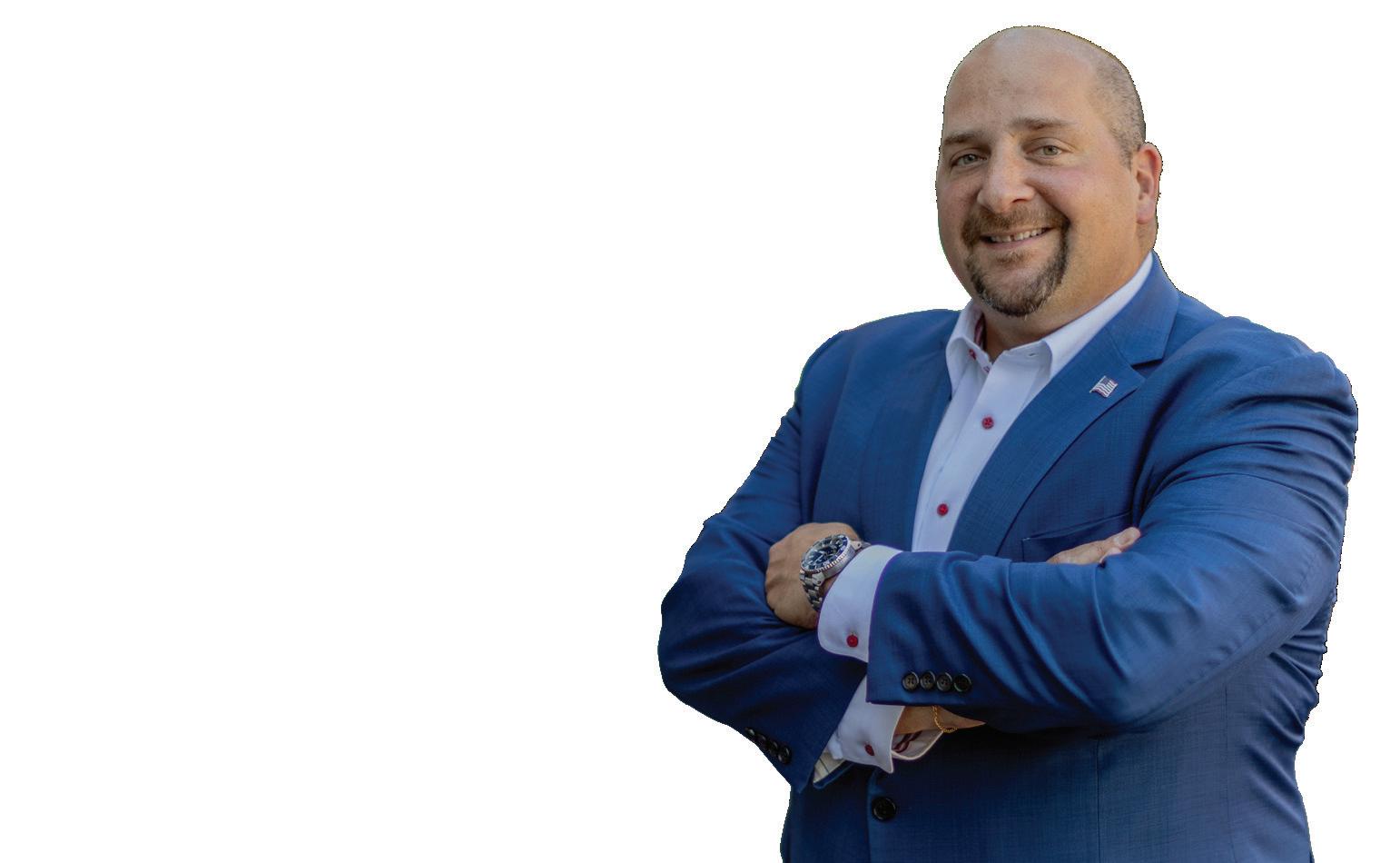
mountsinai.org/southnassau
Analysis by Yossi Mansharof
With the Gaza war over, Iran is tallying two turbulent years that pulled it into a wider circle of fighting and fire, contrary to the restraint Tehran had sought to maintain before the war. First worrying sign Tehran appears focused on increasing the range of its ballistic missiles to intercontinental distances, meaning 3,400 miles and beyond. Tehran politician Mohsen Zanganeh told Iranian television recently that the unidentified lights seen in Iran’s skies two days earlier, which stirred public curiosity, were in fact a successful test of an intercontinental missile. It may have been the Khorramshahr-5 ballistic missile, which has a reported range of 7,500 miles and which according to Iranian Defense Minister Aziz Nazirzadeh has not yet entered operational service.
Iranian Foreign Minister Abbas Araghchi denied Israeli Prime Minister Benjamin Netanyahu’s claim after the test that Tehran is working on intercontinental missiles that would allow it to threaten Washington and New York.
However, Ahmad Bakhshayesh Ardestani, a member of the parliament’s Foreign Affairs and Security Committee, confirmed the report. In an interview with Iranian media, he said Iran’s Supreme Leader Ali Khamenei had removed a previous limit that kept Iran’s missile range under 1,400 miles, and that Iran was now developing an extended-range missile program, because it must strengthen what he called its most important military power, namely its missile program.
Alongside talk of intercontinental missiles, pressure on Khamenei is growing within the regime to approve the production of nuclear weapons. Last week, Ali Shamkhani, a senior adviser to Khamenei and a long-time manager of Iran’s nuclear program, urged the regime to develop nuclear weapons, saying it would have been better if Iran had developed such weapons in the 1990s.
Earlier, on Sept. 22, it was reported that 70 members of parliament sent a letter to the Supreme National Security Council demanding permission to develop nuclear weapons.
At the same time, nuclear scientist Mahmoud Reza Aghamiri, president of Shahid Beheshti University in Tehran, which is under US and European sanctions because of links to the nuclear program, said last week that if one day Iran is required to build an atomic bomb, it could do so well. He added that Iran has the capability and resources to develop nuclear weapons, but that it does not intend to do so.
Alongside the two previous moves, Tehran is signaling a determination to rebuild its proxy network despite the major changes the war has caused in the Middle East.
As revealed by the Mossad’s Persian-language account on X, Abdollah Saberi has been appointed to replace Saeed Izadi, who was eliminated in “Operation Rising Lion,” as head of the Palestine branch of the Quds Force. In that role, Saberi will be responsible for
rebuilding Hamas and the Islamic Jihad in the Gaza Strip, Lebanon and Syria.
Saberi is expected to rely on Unit 840 of the Quds Force, the unit responsible for special operations, which in recent years attempted to smuggle advanced, game-changing weaponry to terrorist actors in Judea and Samaria. The Israel Defense Forces and Israel Security Agency foiled these attempts.
Tehran sees cultivation of the socalled “Axis of Resistance” as essential to its national security.
He argued that if Iran does not fight Israel on the Golan front, Israel will fight Iran on its own borders. He also stressed that Iran’s route for transferring support to Hezbollah remains open, even if it has become more difficult in light of regional changes, a sign of Iranian motivation to rebuild Hezbollah and reinvigorate the organization.
Commander of the Islamic Revolutionary Guard Corps Navy Ali-Reza Tangsiri recently boasted of Tehran’s ability to export missiles, unmanned aerial systems and warships. Trauma still here
This trend is also apparent in the Islamic Republic’s response to a message Russian President Vladimir Putin recently conveyed from Prime Minister Netanyahu that Israel does not intend to renew the war against Iran. Foreign Minister Araghchi said Iran’s forces remain on alert for the possibility of a renewed war, because it is quite likely that this is an Israeli deception.
At the same time, in an effort to curb a sharp fall in the national currency and to tamp down unrest that could

spark protests, the regime is sending calming messages to its public.
Security officials told the media that the enemy will not dare to renew the war and that the likelihood of such a resumption is small.
Where is Tehran headed?
And what does the Supreme Leader say? In a speech last month, Khamenei argued at length that resuming negotiations with the United States would be a move whose harm outweighs its benefit, because it would amount to capitulation to President Donald Trump and would bring further US demands on missiles and other areas.
Nevertheless, the moderate and reformist camps are questioning his policy, as evidenced by sharp criticism of
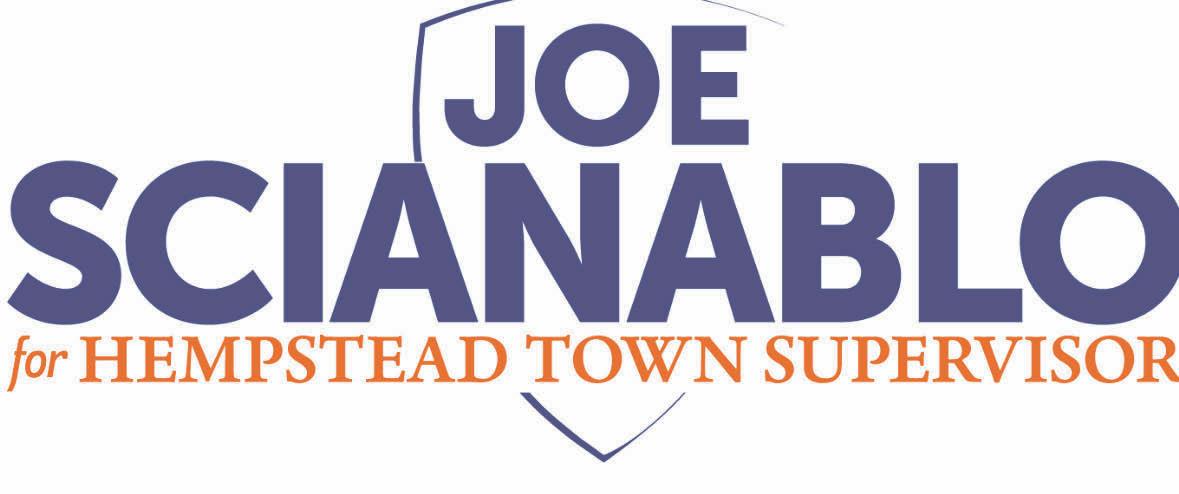
the decision to reject an invitation for Iranian President Masoud Pezeshkian to attend a summit hosted by Trump in Sharm el-Sheikh.
In their view, his participation could have opened a door to renewing talks with the United States and easing tensions. However, given Khamenei’s deep suspicion of and lack of trust in Trump, it appears that for now the Iranian leader will continue to set strict conditions for resuming talks and will push a policy designed to weather the Trump era.
In light of these developments, Israel should prepare for the possibility that Iran will return to Syria, especially in a scenario where Khamenei is persuaded by hard-line officials calling for the development of nuclear weapons.
Iran’s attempt to upgrade its missile program and restore the “Axis of Resistance” demonstrates once again that Tehran will remain at the center of Israel’s strategic calculations.
Domestic support for developing nuclear weapons, Iran’s growing international isolation, the missiles Tehran is trying to develop against the West and, for now, the end of the Gaza war all give Israel an opportunity to strengthen its strategic partnership with the United States.
Accordingly, Israel should work to expand that partnership to leading European states, a move that would build broad cooperation against Iran, deepen pressure on Tehran and legitimize kinetic and economic action against it.
Dr. Yossi Mansharof is an expert on Iran and Shi’ite political Islam at the Misgav Institute.
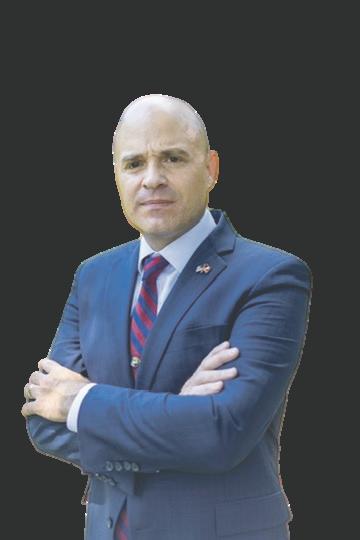
He stands with the residents to demand a stop to the massive overdevelopment of The Five Towns. He stands up against antisemitism, terrorism, and attacks against our freedom. As Supervisor, he will initiate an operational and fiscal audit on DAY 1 to rid the Town of waste, fraud, and abuse.
This column missed inclusion in our Sukkot edition. Its Torah-shaped recipes remain an inspiration, even after Simchat Torah.
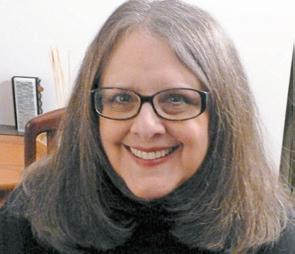
When I had a garden, I used to grow about 2 dozen cabbages of all kinds. They grew beautifully and were astonishingly huge — once one weighed in at 13 pounds!
I made tons of cole slaw and then tons of stuffed cabbage and gave it to friends and relatives and stocked the freezer. I would take it out for Simchat Torah and then make other rolled foods that looked like the Torah scrolls. My kids would help make 10 commandment cookies and we would have an appropriately shaped dinner feast — except that the kids hated stuffed cabbage and only wanted to eat the cookies.
As a child, I do not remember eating rolled foods on Simchat Torah. I remember eating candy apples at the synagogue, and I have a vague memory of the difficulty of marching around while carrying the small Torah we had been given and, all the while, trying to eat that candy apple! It’s fun to reflect on the kinds of foods we can create for this holiday if we want to reflect the shape of the Torah — blintzes for breakfast, veggie burritos for lunch, stuffed cabbage for dinner, rugelach for dessert. There are many dishes that can echo that shape and remind us, in a fun way, what the holiday is about.
• 6 to 8 baby or small eggplants
• 2 large onions, Vidalia are nice in this, thinly sliced
• 3 Tbsp. Canola oil
• 1 to 4 cloves garlic, finely minced
• 4 Tbsp. Extra Virgin Olive Oil
• 1 pint cherry or grape tomatoes cut in half
• 1 small jar (4 oz.) sun dried tomatoes in
oil, drained and chopped
• 4 Tbsp. freshly squeezed lemon juice, divided
• 2 tsp. sugar, divided
• 1/4 cup fresh parsley, finely chopped
• Kosher salt
• Freshly ground pepper
• OPTIONAL: 1/4 cup fresh basil, finely chopped
• Fresh or dried oregano to taste
• 1/3 to 1 cup water
• 1/2 to 2/3 cup Bread crumbs
NOTE: You can add different things to this such as cooked rice, couscous, quinoa
Preheat the oven to 400 degrees. Lightly grease a large roasting pan. Set aside.
Cut the eggplants in half lengthwise. Scoop out a trough along the center of the eggplant, leaving a 1/2-inch shell all around. Chop the scooped eggplant pieces, place in a bowl, sprinkle lightly with salt, cover and refrigerate. Sprinkle the eggplant shells with salt and place face down on paper towels.
Peel and dice the onions. Heat a large skillet and add the canola oil. Add the onions and cook over medium-low heat for 15 to 25 minutes, until caramelized and deep golden. Add the garlic, chopped eggplant pieces, and the fresh tomatoes. Heat 4 to 5 minutes. Add the chopped, sun-dried tomatoes and heat until softened, 4 to 5 minutes. Add half the sugar and half the lemon juice, the parsley and, other herbs. Add salt and pepper, taste, and adjust seasonings. Remove from heat.
Mix the olive oil with the rest of the sugar and the lemon juice. Set aside.
Rinse the eggplant shells and place, cut side up, in the roasting pan. Fill each eggplant with the mixture and then drizzle with the olive oil/lemon juice. Pour 1/3 to 1/2 cup of water around the edge of the pan. Cover tightly with foil and place in the oven. Let roast for 20 minutes. Uncover and baste with the liquid. Add more water if needed. Cover and roast for an additional 15 to 20 minutes. Uncover and sprinkle some breadcrumbs over the eggplants. Roast an additional 10 to 20 minutes, uncovered, until the eggplant is tender. If tops begin to burn, lower the heat to 375 and tent with foil. Remove from the oven and let cool for 10 minutes before serving. Serves 6 to 12.


This is best prepared the day before. Cut several lemons into wedges to serve with this dish.
• 1 large jar of grape leaves
• 1 cup long grain brown or white rice
• 4 onions, finely diced
• 2/3 cup olive oil
• 2 cups warm water
• Juice of one large lemon
• 40 to 50 grape leaves
• 1/2 cup pine nuts or walnuts, chopped
• 1/2 tsp. salt, to taste
• 1 clove garlic, finely minced
• 1 tsp. freshly cracked black pepper, to taste
• 2 tsp. paprika
• 1/4 tsp. allspice
• 2 Tbsp. parsley flakes
• 2 Tbsp. dill
• 1 Tbsp. chopped fresh mint leaves
Sauté the onions in the olive oil until golden. Add the dry rice, nuts, spices and herbs. Mix well. Add 3/4 cup of the warm water and mix again. Cover and simmer until all the water is absorbed. Cool slightly.
Stuff the grape leaves by placing a teaspoonful of the rice mixture into the center of the leaf. Fold the bottom up, the sides in and then roll up the leaf. Set aside.
Place the rolls close together, seam side down, in a deep, frying pan or a soup pot. Add the rest of the water and the lemon juice. Water should barely cover the rolls. Place a heatproof plate over the rolls so they won’t unroll. Cover the pot. Simmer over low heat for about 40 to 60 minutes.
Check frequently and add more water and lemon juice as needed. Cool, refrigerate and
chill overnight. Serve with lemon wedges. Makes 40 to 50 stuffed leaves.
• 8 oz cream cheese, softened, (brick style)
• 1 cup unsalted butter, softened
• 2 cups flour
• 1/3 cup sugar
• 1 cup cinnamon/sugar mixture, 3 to 4 Tbsp. cinnamon and Enough sugar for 1 cup
• OPTIONAL: Use as much as you like of each of the following
• Chopped walnuts
• Raisins
• Apricot jam
• Raspberry jam
• Mini chocolate chips
Beat cream cheese and butter together until smooth. Add flour and mix well. Divide into 4 parts, wrap each part in plastic wrap or waxed paper and chill overnight.
Lightly sprinkle your work area with sugar. Roll out one part of the dough at a time and keep the rest refrigerated. Sprinkle the circle of dough with cinnamon and sugar and add raisins and nuts. Cut the circle into 12 wedges and roll up each wedge from the wide end to the point. Place on a parchment lined, rimmed baking sheet.
Repeat the rolling process with another ball of dough. This time, spread apricot jam over the circle and sprinkle with chopped nuts. Cut and form as above.
Use raspberry jam and nuts for the next circle and repeat the cutting and rolling process.
See Kosher Kitchen on page 14





















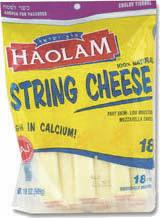




















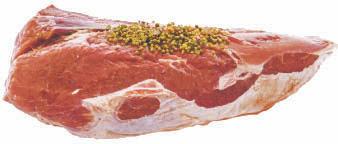





















By Etgar Lefkovits, JNS
Japan’s newly elected first female prime minister is expected to promote bilateral ties with Israel due to her strong alliance with the United States, Israeli analysts said on Thursday.
The election of Sanae Takaichi of Japan’s long-ruling conservative Liberal Democratic Party comes amid the US brokered ceasefire in Gaza, as Israel is seeking to strengthen its international alliances.
“When Japan looks to the outside world it always looks at the United States,” Hebrew University professor Nissim Otzmagin told JNS. “A pro-America policy [in Japan] is good news for Israel.”
Takaichi, a security hawk who is due to host President Donald Trump in Tokyo next week, was a protege of assassinated former Japanese premier Shinzo Abe, who was

a close friend of Trump’s during his first administration and maintained warm relations with Israel.
He noted that Japan was pointedly not among the Western countries that recently unilaterally recog-
nized a Palestinian state in the face of American opposition, even though it supports the idea in principle.
“Japan’s policies are more aligned with the United States than Europe,” he added.
Takaichi cited the Japan-US alliance as a “cornerstone” of Japanese diplomacy and stressed that Japan is an indispensable partner for America in its strategy to provide counterweights to China in the Indo-Pacific region.
“She is very pro-American and less connected with Asia due to their own interests and challenges from both North Korea and China,” said professor Sigal Ben-Rafael Galanti of Beit Berl College in an interview with JNS. “It is critical for Japan that the United States plays a very active role in the region, and so it is important to them to develop friendships with America’s allies,
like Israel.”
She noted that as a technologically developed country without natural raw materials, Japan is dependent on resources, adding that Israel’s high-tech expertise is a great boon for the relationship.
While Takaichi made history by becoming the first female leader of a country where men still largely hold sway, she also holds a traditionally nationalistic position domestically, which jibes with both Trump’s vision of “America First” and a strong Israeli nationalism, said the Israeli professor.
“She will see Israel as an important partner,” Ben-Rafael Galanti added.
“We hope and believe that she will be an ally to the Western alliance,” Israeli Foreign Minister Gideon Sa’ar said in an address to the Knesset’s Christian Allies Caucus this week.
By JNS Staff
“Israel’s determination and capacity to defend its territory provides a valuable model for Taiwan,” Taiwan’s President Lai Ching-te’ said in remarks released by his office on Tuesday, according to Reuters.
Speaking at a Monday night dinner of the American Israel Public Affairs Committee in Taiwan, Lai said, “I have always believed that Taiwan needs to channel the spirit of David against Goliath in standing up to authoritarian coercion,” according to the report.
Appeasement has never worked against authoritarian regimes, and the concept of peace through strength is a maxim that the Israeli, US and Taiwanese societies have believed in for years, the Taiwanese president went on to say.
“The Taiwanese people often look to the example of the Jewish people when facing challenges to our international standing and threats to our sovereignty from China. The people of Taiwan have never become discouraged,” he added.
Lai noted that Taiwan’s newly developed
multi-layered air defense system, named “TDome,” had been inspired by Israel’s Iron Dome missile defense system.
Israel and Taiwan have maintained strong relations throughout the war in Gaza.
The Jewish state does not have formal diplomatic ties with Taiwan, but the countries maintain de facto embassies in Tel Aviv and Taipei.
In July, 72 members of Israel’s 120-member Knesset signed a declaration supporting Taiwan’s inclusion in key international organizations.
The initiative was led by Knesset member Boaz Toporovsky (Yesh Atid), chair of the Israel–Taiwan Parliamentary Friendship Association, and MK Ohad Tal (Religious Zionism), chair of the Israel-US Relations Caucus. Both men emphasized Taiwan’s steadfast support for Israel since the Oct. 7, 2023 Hamas onslaught on Israel.
“Israel will always remember who stood by it in its time of need,” said Toporovsky. “Taiwan was among the first to back us diplomatically and has remained a supportive partner in humanitarian, health and educational efforts.”
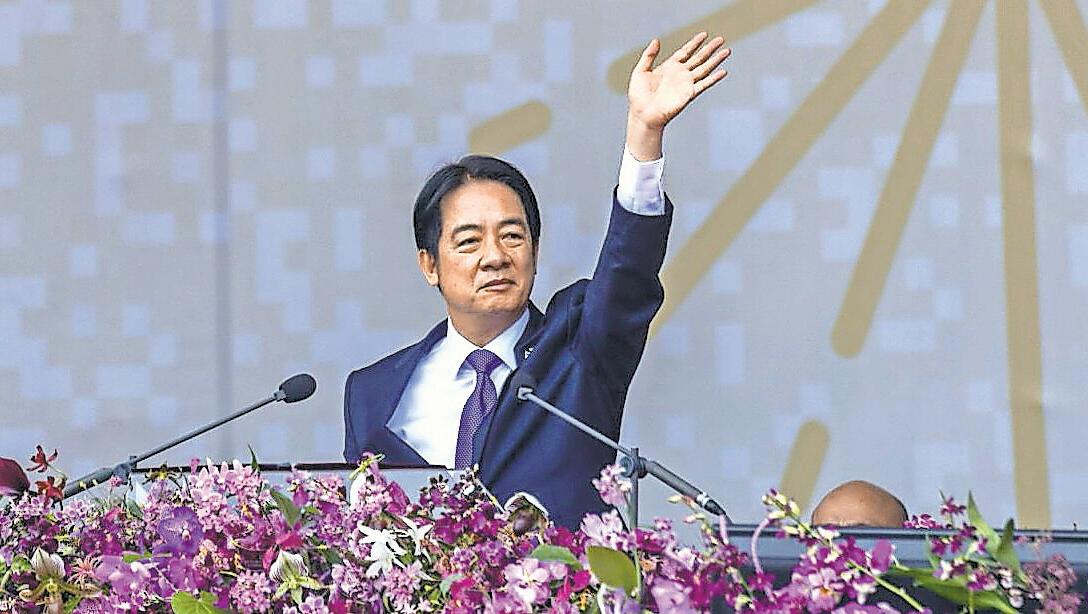

Use mini chocolate chips, with or without nuts, and maybe raspberry or apricot jam, for the last circle of dough. Place the rugelach on an ungreased cookie sheet and sprinkle with cinnamon and sugar mixture or just plain sugar. Bake at 350 degrees until golden brown. Makes about 48 pieces. NOTE: Be creative with your fillings. Nutella, almond butter and apricot jam, peach preserves and ground hazelnuts, blueberry preserves or cherry preserves are all delicious.
• 6 medium tomatoes, about 3 inches in diameter
• 3 Tbsp. butter
• 1 Tbsp. Extra Virgin Olive Oil
• 3/4 cup chopped onion
• 3/4 cup diced mushrooms
• 2 to 4 cloves garlic, finely minced
• 3/4 cup bread crumbs
• 2 cups finely shredded zucchini
• 2 cups cooked couscous, quinoa, rice, or farro
• Salt
• Freshly cracked black pepper
• 1/2 cup finely shredded cheese of your choice
• Freshly grated parmesan cheese
Cut off the tops of the tomatoes, straight across. Set aside. Grease a Pyrex or ceramic dish that is just big enough to hold the tomatoes. Set aside.
Preheat the oven to 350 degrees. Scoop out the pulp and the seeds into a bowl and set aside. Sprinkle the insides of the tomato shells with a bit of salt and turn upside down on several thicknesses of paper towels. Let drain for 10 to 15 minutes. Chop the remaining pulp and set aside.
Meanwhile, heat a large skillet and add the butter and olive oil. Add the onions and sauté until golden. Add the minced garlic and cook for another 10 to 15 seconds, stirring constantly. Add the mushrooms and cook until all the liquid has been absorbed. Add the zucchini and tomato pulp and cook until the zucchini is wilted and there is liquid in the pan. Add the couscous or quinoa and mix well. Add the breadcrumbs and mix well, cooking until heated through, about one minute. Remove from the heat and add the shredded cheese. Mix well and set aside. Rinse the salt from the tomatoes and dry the insides. Fill each

tomato with the stuffing and sprinkle more cheese over the top. Top with the reserved tomato tops.
Place in the prepared baking dish and bake for 20 to30 minutes until the tomato skins split a little and the top looks golden. Serves 6. Write: Columnist@TheJewishStar.com
By Debra FlaxJNS
Four in 10 Jewish Americans say they try to hide their religious identity, according to a new Washington Post poll that also reported almost one in three respondents saying they don’t feel safe as a Jew in the United States.
In the survey, 42% of respondents said they do not wear, carry or display anything in public that could identify them as Jewish, with 58% saying they do. In an American Jewish Committee poll taken in November 2023, a month after Oct. 7, just 26% said they hid their Jewish identity, while 73% said they did not.
Almost one-third of Jewish Americans (31%) said they did not feel safe, while 69% said they did.
By 95% to 5%, respondents said that there was more antisemitism in the United States, and 85% said there was a lot of or some antisemitism at college campuses, with 15% saying there was little or none.
In the poll, which was conducted before U.S. President Donald Trump helped broker a ceasefire between Israel and Hamas, just 29% of Jewish Americans ap-
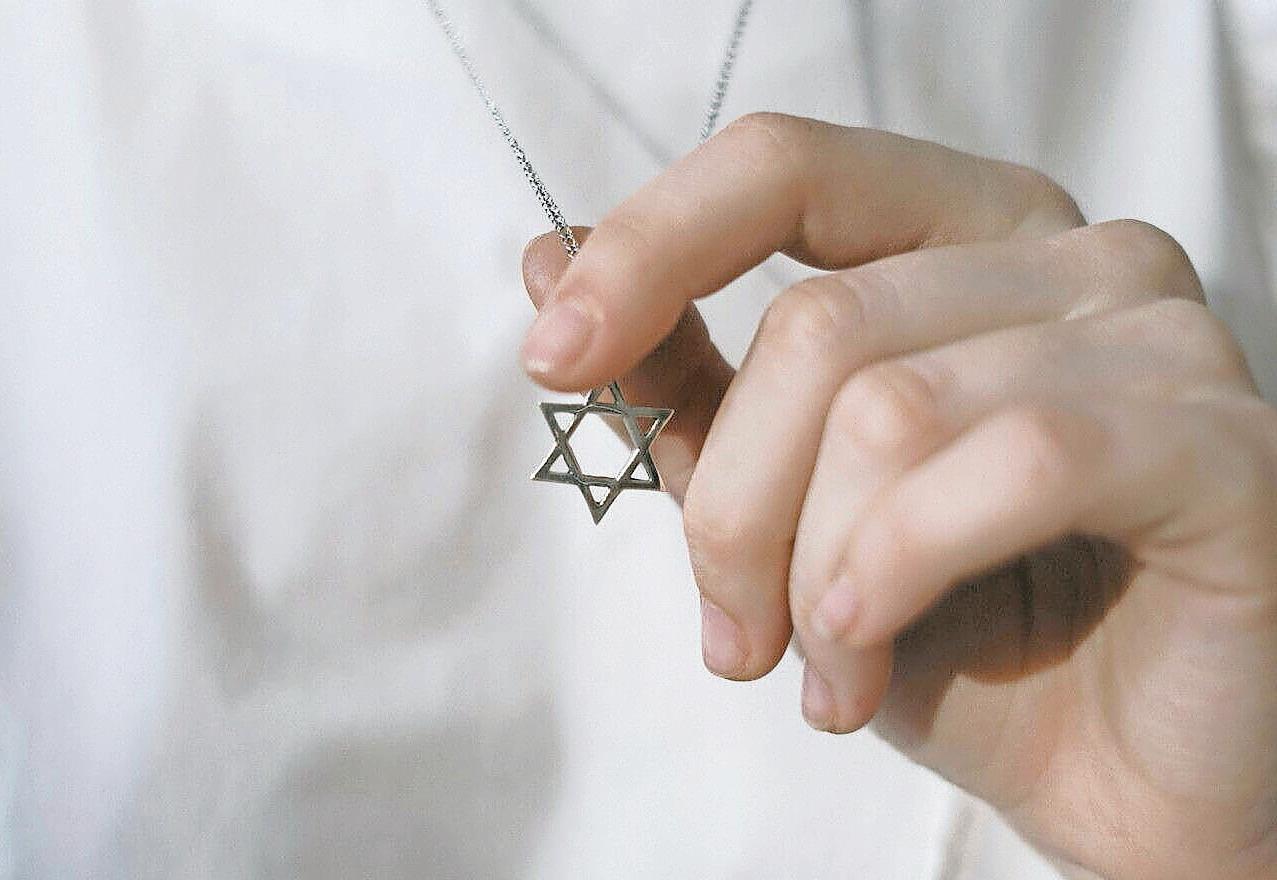
proved of his performance in office, with 71% disapproving. By 65% to 35%, they said that he did not understand the concerns of American Jews.
Israeli Prime Minister Benjamin Netanyahu also received low marks, with 68% expressing negative views of his leadership and just 32% saying it was positive.
Respondents deadlocked over the way that the Jewish state conducted the war, with 48% disapproving of Israel’s military action and 46% approving. By 61% to 29%, they said that Israel committed war crimes, but a far greater percentage (94%) said that Hamas is guilty of war crimes. Just 2% said they believed the terrorist group did not commit such crimes.
By 68% to 32%, respondents blamed Hamas, which operates in civilian areas and began the war, and not Israel, for the number of civilian casualties. Asked if Israel committed genocide in Gaza, a majority (51%) said no, while 39% said yes.
The poll of 815 Jewish Americans was conducted Sept. 2 through 9 with a margin of error of plus or minus 4.7 percentage points.
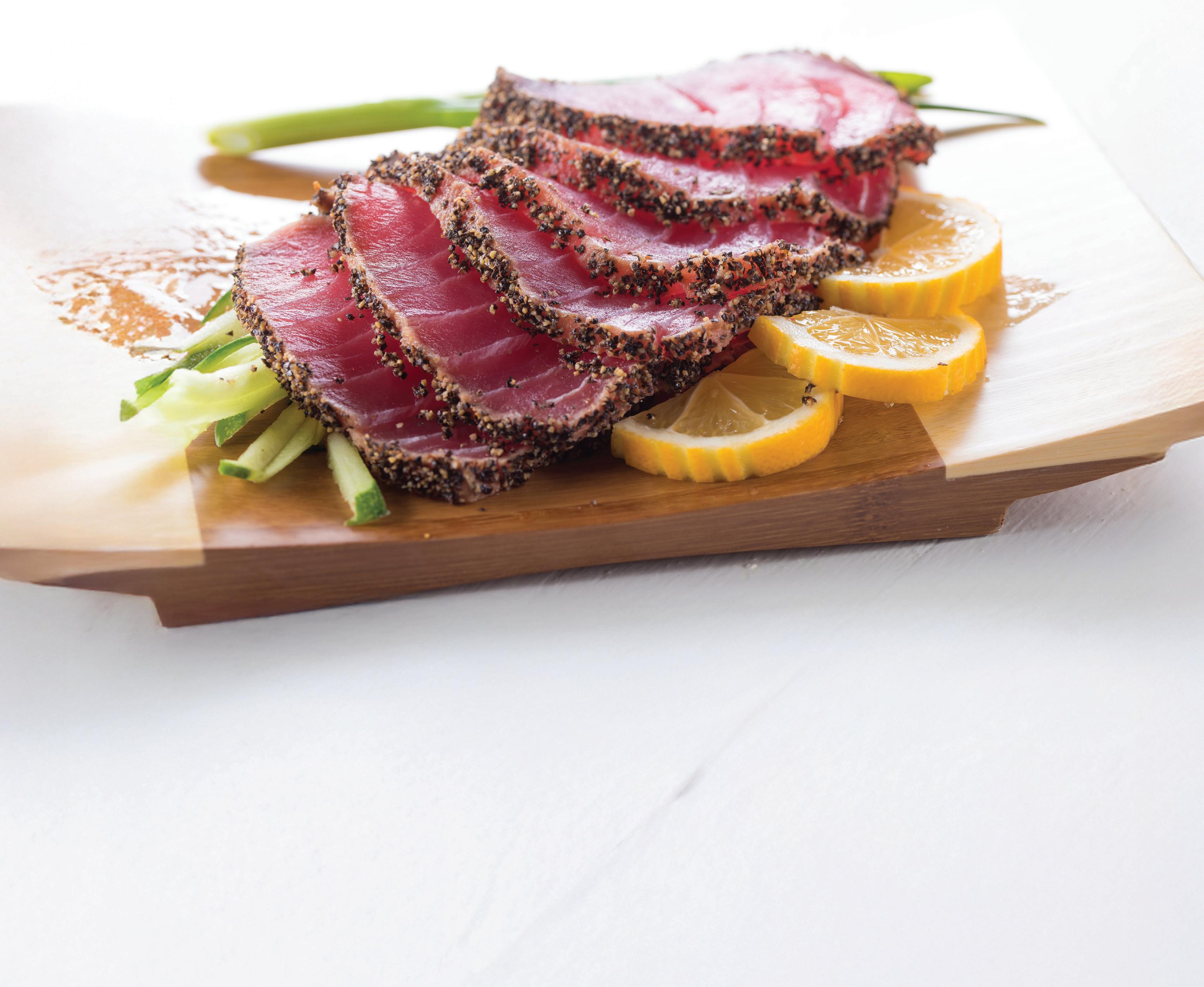
Jewish Star Torah columnists: Rabbi Benny Berlin, spiritual leader of BACH Jewish Center in Long Beach; Rabbi Avi Billet of Anshei Chesed, Boynton Beach, FL, mohel and Five Towns native; Rabbi Binny Freedman, rosh yeshiva of Orayta, Jerusalem; Dr. Alan A. Mazurek, former ZOA chair, retired neurologist, living in Great Neck, Jerusalem and Florida.
Contributing writers: Rabbi Sir Jonathan Sacks zt”l, former chief rabbi of United Hebrew Congregations of British Commonwealth; Rabbi Yossy Goldman, president South African Rabbinical Association; Rabbi Dr. Tzvi Hersh Weinreb, OU executive VP emeritus.
To submit commentary, inquire at: Editor@TheJewishStar.com.
Contact our columnists at: Columnist@TheJewishStar.com.
Fri Oct 31 / 9 Cheshvan
Lech Lecha
Five Towns candles: 5:35 • Havdalah: 6:42
Scarsdale candles: 5:34 • Havdalah: 6:34
Fri Nov 7 / 16 Cheshvan
Vayera
Five Towns candles: 4:26 • Havdalah: 5:34
Scarsdale candles: 4:26 • Havdalah: 5:27
Fri Nov 14 / 23 Cheshvan
Chayei Sara • Shabbat Mevarchim
Five Towns candles: 4:20 • Havdalah: 5:28
Scarsdale candles: 4:19 • Havdalah: 5:21
Fri Nov 21 / 1 Kislev
Toldot
Five Towns candles: 4:15 • Havdalah: 5:23
Scarsdale candles: 4:14 • Havdalah: 5:16
Five Towns Candlelighting: From the White Shul, Far Rockaway, NY
Scarsdale Candlelighting: From the Young Israel of Scarsdale, Scarsdale, NY
rabbi Sir
JonaThan SaCkS zt”l
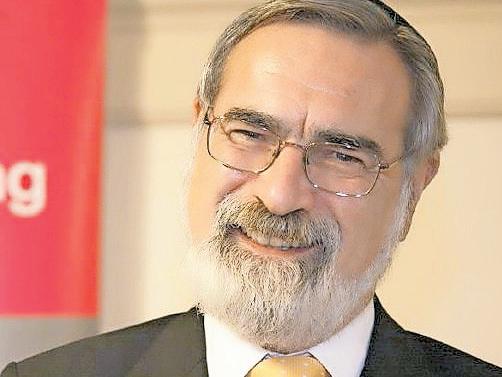
The call to Abraham, with which Lech Lecha begins, seems to come from nowhere:
Leave your land, your birthplace, and your father’s house, and go to a land which I will show you.
Nothing has prepared us for this radical departure. We have not had a description of Abraham as we had in the case of Noah (“Noah was a righteous man, perfect in his generations; Noah walked with G-d”). Nor have we been given a series of glimpses into his childhood, as in the case of Moses. It is as if Abraham’s call is a sudden break with all that went before. There seems to be no prelude, no context, no background.
Added to this is a curious verse in the last speech delivered by Moses’ successor Joshua:
And Joshua said to all the people, “Thus says the L-rd, the G-d of Israel, ‘Long ago, your fathers lived beyond the river (Euphrates), Terah, the father of Abraham and of Nachor; and they served other gods.” Joshua 24:2
The implication seems to be that Abraham’s father was an idolater. Hence the famous midrashic tradition that as a child, Abraham broke his father’s idols. When Terah asked him who had done the damage, he replied, “The largest of the idols took a stick and broke the rest.”
“Why are you deceiving me?” Terah asked, “Do idols have understanding?”
“Let your ears hear what your mouth is saying,” replied the child. Bereishit Rabbah 38:8
On this reading, Abraham was an iconoclast, a breaker of images, one who rebelled against his father’s faith. Maimonides, the philosopher, put it somewhat differently. Originally, human beings believed in one G-d. Later, they began to offer sacrifices to the sun, the planets and stars, and other forces of nature, as creations or servants of the one G-d. Later still, they worshipped them as entities — gods — in their own right.
It took Abraham, using logic alone, to realize the incoherence of polytheism:
After he was weaned, while still an infant, his mind began to reflect. Day and night, he thought and wondered, how is it possible that this celestial sphere should be continuously guiding the
To be a parent — even when the parent is G-d Avinu — is to make space for a child can grow.
world, without something to guide it and cause it to revolve?
He had no teacher or mentor, because he was immersed in Ur of the Chaldees among foolish idolaters. His father and mother and the entire population worshipped idols, and he worshipped with them. He continued to speculate and reflect until he achieved the way of truth, understanding what was right through his own efforts. It was then that he knew that there is one G-d who guides the heavenly bodies, who created everything, and besides whom there is no other G-d. Maimonides, Laws of Idolatry 1:2
What is common to Maimonides and the Midrash is discontinuity. Abraham represents a radical break with all that went before.
Remarkably however, the previous chapter gives us a quite different perspective:
These are the generations of Terah. Terah fathered Abram, Nahor, and Haran; and Haran fathered Lot. … Terah took Abram his son and Lot the son of Haran, his grandson, and Sarai his daughter-inlaw, his son Abram’s wife, and they went forth together from Ur of the Chaldeans to go into the land of Canaan, but when they came to Haran, they settled there. The days of Terah were 205 years, and Terah died in Haran. Gen 11:27-32

(“Noah walked with G-d”) and that of Abraham (“The G-d before whom I have walked,” Gen. 24:40). God Himself says to Abraham “Walk ahead of Me and be perfect” (Gen. 17:1). G-d signals the way, then challenges His children to walk on ahead.
The implication seems to be that far from breaking with his father, Abraham was continuing a journey Terah had already begun.
How are we to reconcile these two passages?
The simplest way, taken by most commentators, is that they are not in chronological sequence.
The call to Abraham (in Gen. 12) happened first. Abraham heard the Divine summons, and communicated it to his father. The family set out together, but Terah stopped halfway, in Haran. The passage recording Terah’s death is placed before Abraham’s call, though it happened later, to guard Abraham from the accusation that he failed to honor his father by leaving him in his old age (Rashi, Midrash).
Yet there is another obvious possibility. Abraham’s spiritual insight did not come from nowhere. Terah had already made the first tentative move toward monotheism. Children complete what their parents begin.
Significantly, both the Bible and rabbinic tradition understood divine parenthood in this way. They contrasted the description of Noah
In one of the most famous of all Talmudic passages, the Babylonian Talmud (Baba Metzia 59b) describes how the Sages outvoted Rabbi Eliezer despite the fact that his view was supported by a Heavenly Voice. It continues by describing an encounter between Rabbi Natan and the Prophet Elijah. Rabbi Natan asks the Prophet: What was G-d’s reaction to that moment, when the law was decided by majority vote rather than following that Heavenly Voice?
Elijah replies, “He smiled and said, ‘My children have defeated Me! My children have defeated Me’!”
To be a parent in Judaism is to make space within which a child can grow. Astonishingly, this applies even when the parent is G-d (Avinu, our Father) Himself. In the words of Rabbi Joseph Soloveitchik:
“The Creator of the world diminished the image and stature of creation in order to leave something for man, the work of His hands, to do, in order to adorn man with the crown of creator and maker.” Halachic Man, p. 107
This idea finds expression in halachah, Jewish law. Despite the emphasis in the Torah on honoring and revering parents, Maimonides rules:
Although children are commanded to go to great lengths [in honoring parents], a father is forbidden to impose too heavy a yoke on them, or to be too exacting with them in matters relating to his honor, lest he cause them to stumble. He should forgive them and close his eyes, for a father has the right to forgo the honor due to him. Hilchot Mamrim 6:8
The story of Abraham can be read in two ways, depending on how we reconcile the end of chapter 11 with the beginning of chapter 12. One reading emphasizes discontinuity: Abraham broke with all that went before. The other, continuity: Terah, his father, had already begun to wrestle with idolatry. He had set out on the long walk to the land which would eventually become holy but stopped halfway. Abraham completed the journey his father began. Perhaps childhood itself has the same ambiguity. There are times, especially in adolescence, when we tell ourselves that we are breaking with our parents, charting a path that is completely new.
Only in retrospect, many years later, do we realize how much we owe our parents — how, even at those moments when we felt most strongly that we were setting out on a journey uniquely our own, we were, in fact, living out the ideals and aspirations that we learned from them. And it began with G-d Himself, who left — and continues to leave — space for us, His children, to walk on ahead.
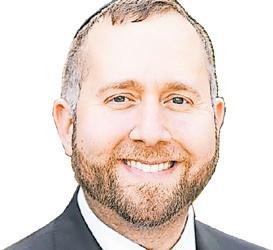
Next Tuesday, people all over the country will go to the polls. Even though it’s not a presidential year, there are important contests — New York City is choosing a mayor, Nassau County an executive, New Jersey a governor. A few special congressional races are happening too. In some places, just a few thousand votes could make the difference, while in others, the outcome seems clear from the start.
But there is a question that can be in the back of our minds: Does any of this truly matter? If G-d already guides the course of history, what difference does my vote make?
I once heard Rabbi Larry Rothwachs connect this very question to our parsha, Lech Lecha. G-d tells Avraham during the Bris Bein HaBesarim (the Covenant Between the Parts),
“Know for sure that your descendants will be foreigners in a land that is not theirs, and the people will enslave them and oppress them for 400 years” (Bereishis 15:13). The years of slavery were already fixed in advance, told to Avraham Avinu.
Yet when we look closely at how that story unfolds, we find human decisions affecting history.
Chazal explain that the exile began with the jealousy of Yaakov’s sons toward their brother Yosef and their choice to sell him into slavery. These were moral choices that carried real consequences.
As we see in the story of the Exodus, the Egyptians were later punished harshly for their cruelty. But this judgment only makes sense if their actions were chosen freely. If G-d had already said that the Jews would be enslaved for so many years, how can responsibility be given to the brothers’ jealousy of Yosef or to the Egyptians?
Was the exile predetermined, or was it the result of human wrongdoing?
The Ramchal in Derech Hashem
of-
fers a profound answer. He teaches that G-d governs the world through two systems that operate simultaneously.
The first is Hanhagas HaMishpat (divine justice), in which G-d responds to human behavior. In this system, we are given free will. Our choices matter, and we are accountable for them.
The second system is Hanhagas HaYichud (the unfolding of divine unity). This is the deeper current of history, the blueprint through which G-d’s plan moves toward the revelation of His oneness. On this level, nothing, not human error, political power, nor even rebellion, can halt the progress toward redemption.
Both systems operate together. We make real choices that carry real consequences,
and yet beneath the surface of events, G-d’s plan moves forward, even through our mistakes. The Egyptian exile was both a punishment for selling Yosef and the fulfillment of G-d’s promise to Avraham.
This world can seem so chaotic. There are 8.2 billion people in the world making decisions every moment, and yet somehow, underlying all those decisions, G-d is moving the world in perfect order.
The analogy to quantum mechanics always stayed with me. At a subatomic level, there is total chaos, particles moving randomly in every direction. Yet on a macro level, when you take a step back, you realize that the physical universe operates according to consistent, unchanging laws.
The chaos on the micro level does not disrupt the order, symmetry, and beauty on the macro level. And both truths coexist simultaneously.
Similarly, even though human choices may appear chaotic and unpredictable, they do not interfere with G-d’s ultimate plan for history.
Is there anything that is truly beyond

Several readers commented to me privately that although they enjoyed my column last week (“At the cusp of the geulah, it’s our final redemption) they felt it was unlikely to take place in our lifetime. I suggested that we are on the verge of Moshiach’s arrival — if we’d do but two things:
1. Recognize and proclaim ein od milvado (there is none but Him, Hashem) and 2. Make ahavat achim, love of our fellow Jew, our preeminent concern.
They felt that while maybe we could get most Jews to proclaim Hashem is THE ONE, to get them to love their fellow Jews would be nothing short of miraculous.
How sad is that? Isn’t that what believing in Moshiach’s arrival a belief in the miraculous?
And as I’ve tried repeatedly in my columns to demonstrate, this is not based on “blind faith,” but realistically viewing the situations before us through a Tanach perspective.
For example, if we, chas v’shalom, were captive together in Auschwitz in early 1945, facing continued starvation and imminent death, and I turned to you and said, “Don’t worry, we will be sitting together in our own country, our homeland, Israel, with Jerusalem as its capital, in three years,” you would turn to me and say, “You’re clearly delusional.” But that is exactly what happened.
The same for the lightning victory of 1967, the incredible turnaround of the Yom Kippur War of 1973, and the emergence of a destitute country of immigrants beset by enemies at its doorstep and across the globe into an economic and military powerhouse.
Miracles are our reality — or as Ben Gurion (not a religious man) was reported to have said, “In Israel, anyone who doesn’t believe in miracles is not a realist.”
Some will relate that Chazal rightly claimed ein somchin al ha’nes (we don’t de-
pend on miracles). But when we, with our actions and belief, make them happen, that is our reality.
If we look at this week’s parsha, Lech Lecha, and next week’s, Vayera, we see evidence of this. We are introduced to Avraham Avinu, Hashem’s third attempt at fixing a broken world. Avraham brings the belief in a single, ethical, living G-d to a disbelieving world. He not only succeeds against all odds and becomes wealthy, respected and powerful — defeating five kings and rescuing his nephew alive. Sounds pretty miraculous, no?
And yet, the one thing Avraham wants is a son he can share with his wife Sarah — not the son Yishmael he shares with Hagar, his concubine. When Hashem promises him.
This, what is Avraham’s reaction? “He falls upon his face and laughs!”
Most of us are familiar with Sarah laughing about this prospect in Vayera, and getting mildly punished for it. Chazal that Avraham’s laughter was one of jubilation while Sarah’s was one of derision and disbelief. I’m not sure I accept that distinction, because from the continuing narrative in our parsha, after his laughter, Avraham immediately says to himself, “I’m 100 years old and Sarah is 99 and we’re going to have a baby?!” This is virtually identical to Sarah’s later complaint of disbelief. For this reason, Hashem’s later retort to Avraham about Sarah’s disbelief can be directed to him as well: “Hayipaleh mei Hashem davar (is anything beyond Hashem?).”
Does this mean they didn’t believe? No. They were just being “realistic.” And Hashem is saying — almost sarcastically — is there anything beyond My ability that I can’t do? Of course not!
That should be the answer to my critics.
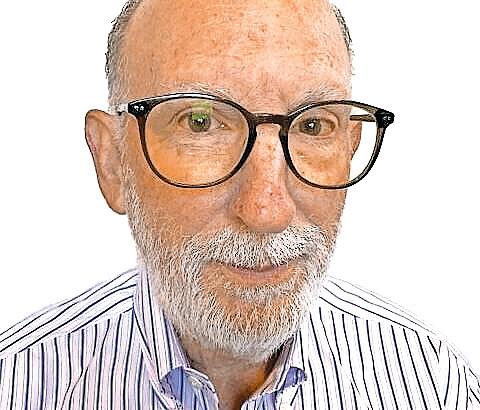
The first item on the agenda in this week’s parsha, Lech Lecha, is “GO!”
Abraham has just appeared on the biblical scene. G-d told Abraham that, for his own benefit, he should “Go from your land, from your birthplace and from your father’s house to the land that I will show you.”
According to Maimonides, this would be the first of the famous 10 tests of faith that Abraham would face in his lifetime. Leaving his comfort zone and traveling a long distance to unknown territory was not easy.
According to all opinions, the 10th and final test is found in next week’s reading, the akedah (the binding of Isaac), Would Abraham be prepared to sacrifice his beloved son, the one he had waited 100 years to be born?
The first test of faith took Abraham around
the existing world where he would spread monotheism, a feat of unimaginable magnitude. Abraham basically took on the whole world — and won! Virtually singlehandedly, he transformed much of the world to believers. As I have written elsewhere, this made Abraham the most influential person in all of human history. Billions of believers of all faiths throughout the millennia, all owe that faith to Abraham.
Yet, in the Torah itself there is little explicit mention of this transformational, world-changing achievement. A phrase or two is all we can find. But when it comes to the akedah, the final test of faith, the Torah devotes an entire chapter. Furthermore, the test of sacrificing his son has always been considered Abraham’s most important, and difficult, test of faith. We refer to it regularly in all our prayers.
Surely, the private drama on a mountaintop between father and son pales in insignificance when compared to making a global impact on the minds and hearts of billions? Wouldn’t we expect that this first test of faith should have much more biblical space devoted to it than to the private tale of the akedah?
A powerful answer is that the binding of Isaac represented Abraham’s personal mission to G-d, whereas Lech Lecha — to go out and spread the word far and wide — represented his universal mission to humankind.
And before you can change the world you have to know yourself and recognize your personal, spiritual mission.
That is why, while the 10th test is last chronologically, it may well be the very first in importance.
In recent times, we have been exposed to a lot of noise coming from too many of our fellow Jews who have joined forces with our enemies in attacking Israel claiming it is guilty of genocide or deliberately starving Gazans. Groups like the Jewish Voice for Peace and Jews for Justice for Palestinians, among others. And then there are
the many Jewish celebrities with millions of “followers” who have openly condemned Israel on the international stage.
May I be so bold as to suggest that the vast majority of these Jews are, tragically, completely ignorant of Jewish history, including the history of the founding of Israel over the last hundred years. And in their pathetic illiteracy they have swallowed, hook, line and sinker, the prevailing misconceptions so forcefully publicized by the well-funded Islamist PR machines and disseminated globally by unapologetic sponsors of terror.
We are not colonizers. Israel has been our homeland for millennia, long before the birth of Islam or the more recent artificial concoction of a Palestinian nation.
These Jews play into the hands of our enemies as cliched useful idiots. If Jews themselves agree, then surely it must be so, goes the shallow argument.
The facts are that if the fundamental cause of the Middle Eastern conflict is the Jewish “occupation,” why did the Arabs launch an attack Faith
Published weekly except during certain religious and civil holidays by The Jewish Star LLC New York City office: 5676 Riverdale Ave Suite 311, Bronx NY 10471 • LI office: 2 Endo Blvd, Garden City NY 11530 Here’s how to reach The Jewish Star — Write: Editor@TheJewishStar.com. Call: 516-622-7461 ext 291
Editor & Publisher: Ed Weintrob
516-622-7461 ext 291
Jewish Star Associate: Nechama Bluth
516-622-7461 ext 241
Content: The Publisher endeavors to ensure that our content is within the bounds of normative halachah and hashkafah. Anyone who feels anything we publish may be inappropriate in this regard is urged to bring the item in question to the attention of the Publisher. Advertising is accepted at the sole discretion of the Publisher and should conform to standards appropriate for distribution in an Orthodox community. Send us your news! Editor@TheJewishStar.com
Advertising: Publisher@TheJewishStar.com
Kashrut: The Jewish Star is not responsible for the
kashrut of any product or establishment featured in its pages. If you have questions regarding any establishment or product, including its supervision, please consult your rabbi for guidance.
Submissions: All submissions become the property of The Jewish Star and may be edited and used by the Publisher, its licensees and affiliates, in print, on the web and/or in any media that now exists or will exist in the future in any form, including derivative works, throughout the world in perpetuity, without additional authorization or compensation. The individual or entity submitting material affirms that it holds the copyright or otherwise has the right to authorize its use in accordance with The Jewish Star’s terms for submissions.
Opinions: Views expressed by columnists and other writers do not necessarily reflect the position of the Publisher or of The Jewish Star LLC.
Distribution: The Jewish Star is available free in kosher food establishments, stores, synagogues, and curb-side newsboxes on Long Island, in New York City and elsewhere. To request free delivery to your location, write Publisher@TheJewishStar.com.
Copyright: All content is copyright and may not be republished or otherwise reproduced without written permission by The Jewish Star; to do so without permission is against the law and halacha. For content reproduction write to Publisher@TheJewishStar.com.
The Jewish Star subscribes to JNS. It, or its contributors, own the copyrights on material attributed to them. The length and content of JNS material and all other submitted material may be edited by The Jewish Star.
Member: American Jewish Press Association. This newspaper contains words of Torah. While it is not considered shaimos, please dispose properly.
Mitchell Bard, foreign policy analyst, authority on USIsreal relations; Ben Cohen, senior analyst, Foundation for Defense of Democracies; Stephen Flatow, president, Religious Zionists of America-Mizrachi and father of Alisa Flatow, murdered in an Iranian-sponsored Palestinian terrorist attack in 1995; Yisrael Medad, Americanborn Israeli journalist and political commentator; Rafael Medoff, founding director of David S. Wyman Institute for Holocaust Studies; Fiamma Nirenstein, Italian-Israeli journalist, author of 13 books, leading voice on Israeli affairs, Middle Eastern politics and antisemitism; Melanie Phillips, British journalist; Moshe Phillips, national chairman, Americans for a Safe Israel; Thane Rosenbaum, Distinguished University Professor at Touro University (published by Jewish Journal); Jonathan S. Tobin, editor-in-chief, Jewish News Syndicate.

In electoral politics, as in war and sports, the best defense is always offense. And like any skillful politician, Zohran Mamdani has been on the offensive throughout the course of his run for mayor of New York City.
When faced with criticism of his longstanding affiliation with antisemitic groups like Students for Justice in Palestine and the Democratic Socialists of America as well as opposition to the existence of the one Jewish state on the planet, he has two standard responses.
One is to talk past the issue by blandly claiming that, as mayor, he would protect Jewish New Yorkers against antisemitism. The other is to question the morality and decency of anyone who dares to point out that his entire political career is rooted in support for Israel’s destruction and those working to achieve that genocidal goal.
The former is utterly disingenuous. He has been vocal in his encouragement of the mobs on college campuses and elsewhere who target Jews and chant for their genocide (“From the river to the sea”), as well as call for terrorism against Jews everywhere (“Globalize the intifada”), which he won’t disavow.
Such breathtaking mendacity is enough to satisfy those who already support the Democratic Socialist candidate’s bid to lead the world’s largest Jewish city outside of Israel. The ploy is simple. Just accuse those who have the temerity to hold him accountable for his antisemitism of engaging in Islamophobia.
In a society founded on principles of equality, calling someone a bigot is a devastating at-
Mainstream media seeks to silence criticism of Mamdani’s antisemitism and attempts to rewrite the narrative of 9/11.
tack. Doing so has become especially effective in an era when victimhood has become the greatest political prize. And few groups have been more skillful in claiming that status than American Muslims.
At the heart of this claim is a myth about the aftermath of the Sept. 11, 2001 terror attacks on the World Trade Center and the Pentagon. Muslims have been speaking as if they, and not the nearly 3,000 persons murdered by Islamists on that awful day, were the real victims of Al Qaeda’s assault on America.
And that’s why the recent dustup between Vice President JD Vance and Mamdani about 9/11 victimhood is not a meaningless kerfuffle or more evidence of the Trump administration’s racism and insensitivity. To the contrary, it betrays exactly how Mamdani and other supporters or fellow travelers of Islamist extremism and antisemitism have been able to mainstream their particular form of hate by accusing their critics of being prejudiced.
Vance is being bashed in the legacy media for a post on X in which he pointed out that a recent speech by Mamdani centered on calling his critics Islamophobes rested on a particularly deceitful reference to 9/11. As Vance put it, “According to Zohran, the real victim of 9/11 was his auntie who got some (allegedly) bad looks.”
Mamdani said Vance’s comment was inappropriate. “This is all the Republican Party has to offer,” he retorted. Cheap jokes about Islamophobia so as to not have to recognize what people are living through, attempts to pit peoples’ humanity against each other.”
But Vance was exactly right.
For more than two decades, Muslim extremists and their apologists like Mamdani have been alleging that America was swept by a wave of Islamophobia after 9/11. That theme was enabled in part by a laudable concern on the part of then-President George W. Bush that the response to Islamic extremism should not turn into unfair targeting of American Muslims.
Unfortunately, his attempts to claim that those Muslims who hate the West and support Islamists were a small minority that misrepresented their religion — and repeated insistence that “Islam is a religion of peace” — were inaccurate.
No evidence to back it up
But while people like Mamdani continue to float unverifiable allegations of prejudice against Muslims, the plain fact of the matter is that there
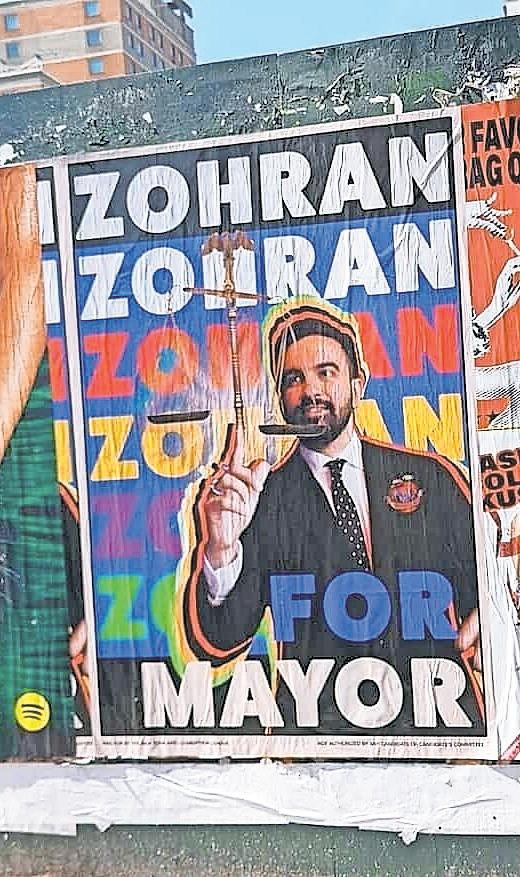
A poster in support of Zohran Mamdani’s run for mayor, in Manhattan on July 22. WikiCommons
has never been any empirical evidence of such a backlash against American Muslims.
On the contrary, FBI hate-crime statistics over the last 24 years have consistently shown that anti-Muslim crimes have been relatively few and overwhelmingly outnumbered by those committed against Jews. Indeed, in the FBI’s latest report, nearly 70% of religion-based hate crimes committed in the United States were against Jews, despite the fact that they make up less than two percent of the population.
But that has never stopped those who purportedly represent Muslims, whether the openly antisemitic Council on America Islamic Relations (CAIR) or politicians like Mamdani, from asserting that Muslims are suffering disproportionate and widespread discrimination in the United States.
This started out as an attempt to flip the narrative about 9/11, such as when opposition to an attempt to build a mosque in the footprint
of one of the buildings in the shadow of the World Trade Center that was destroyed by the attack was falsely portrayed as prejudice against Muslims. By claiming that Arabs and Muslims were suffering discrimination because of anger about the Islamist assault on America, the entire discussion shifted.
Rather than seeing the issue of the religionbased hatred of jihadist Muslims for the West, America and the Jews not as mere unkindness, but one that resulted in mass murder, liberal journalists — and apologists like CAIR, obsessed with anecdotal evidence of anti-Muslim discrimination — deemed anyone with a justified fear of Islamic terrorism after 9/11 to be a narrow-minded bigot.
In the last decade, Islamophobia also became a talking point for those who sought to silence criticism of the way in which CAIR and other members of the red-green alliance of Marxists and Islamists engaged in open antisemitism in the course of their agitation against Israel. Jewish groups and individuals, as well as nonJewish supporters of Israel and the Jews, were targeted and denounced as Islamophobes. But in almost every case, all they were actually guilty of was pointing out that Israel-bashers were engaged in Jew-hatred, as they advocated for Israel’s eradication, denied Jewish history and rights and appropriated the memory of the Holocaust in order to falsely demonize Jews.
This dishonesty became even more blatant after the Hamas-led attacks on southern Israel on Oct. 7, 2023. Many Muslims and their left-wing allies celebrated what was the largest mass slaughter of Jews since the Holocaust because they hated Israel. Echoing the language of toxic leftist ideas about race, falsely branded Jews as “white” oppressors and the Jewish state as a nation that had no right to exist.
It is no exaggeration to say that this fraudulent and hateful stand is at the core of Mamdani’s political identity.
When he spreads blood libels about Jews committing “genocide” — as he did just last week in the final mayoral candidate debate — while opposing the right of the Jewish people to their own state in their historic homeland and won’t condemn calls for genocide and terrorism against Jews, he’s engaging in behavior that is intrinsically antisemitic. But in-
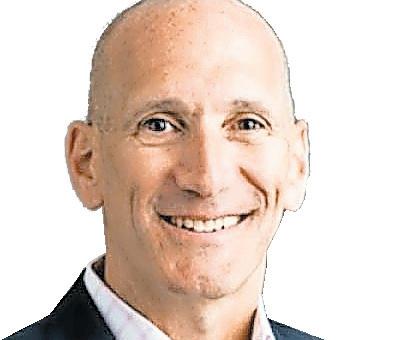
Seven years ago, in the calm of a Saturday morning in Pittsburgh, the world convulsed. The Oct. 27 mass shooting at the Tree of Life*Or L’Simcha, when 11 Jewish worshippers were killed, did not merely shatter bones and hopes; it bent the axis of everyday life in my hometown neighborhood of Squirrel Hill. In this seventh year, the hard work is no longer remembering what happened or responding with declarations of unity; it is to reckon with how memory demands us to live differently.
We often think of memory as a vault, something protective. But memory is not archival; it is combustible. It asks of us radical attention: to linger in the margins, to name the silences, to feel the echo.
For those of us raised in or living in Squirrel Hill, memory is not a ceremony we leave behind; it is the air we have learned to breathe.
One year, I asked myself: If those 11 people had not been taken from this Earth, what would this incredible neighborhood look like now? I want to say the community still inhabits their absence.
Every year, I write about the Tree of Life massacre, and every time I’ve spoken of hope, of resilience, of refusing to yield to despair. But with a distance of seven years, hope must evolve; it cannot remain an abstract note on the refrigerator door.
We think of heroism in grand gestures. But in Squirrel Hill, heroism lives in small places: a neighbor walking an elderly congregant to services; a parent explaining memorials to a child; a volunteer keeping the grounds immaculate around the Tree of Life building.
A couple of Octobers ago, I visited a local cafe on Murray Avenue in Squirrel Hill before dawn, just to sit and watch the morning grow. I looked across at storefronts where congregants once passed, shops they frequented. In that quietness, I felt a tremor, a sense that the continuity of the mundane is itself defiance.
Too often, we pressure ourselves to “move on” or “return to normal.” But normal is what has changed. Grief is a claim. Let it not be a burden we carry in isolation but a ballast that keeps us rooted in honesty. Let it be allowed to swell, to recede, to surprise us.
Let us also allow collective memory to carry dissonance: the anger, the doubt, the guilt of surviving. Let us name the hard questions. Why didn’t someone intervene sooner? Why did no red flag persuade? How do we live when we know such depths of darkness are possible here?
This year, around Oct. 27, consider these three quiet gestures:
• Choose one place in your own neighborhood and spend 10 minutes just observing — the storefronts, the foot traffic, the rustle of leaves. Let memory inhale the present.
• Speak the names of the victims aloud. Don’t bracket them as “those 11.” Let their individuality remain alive in conversation so that new generations will hear their names and ask who they were.
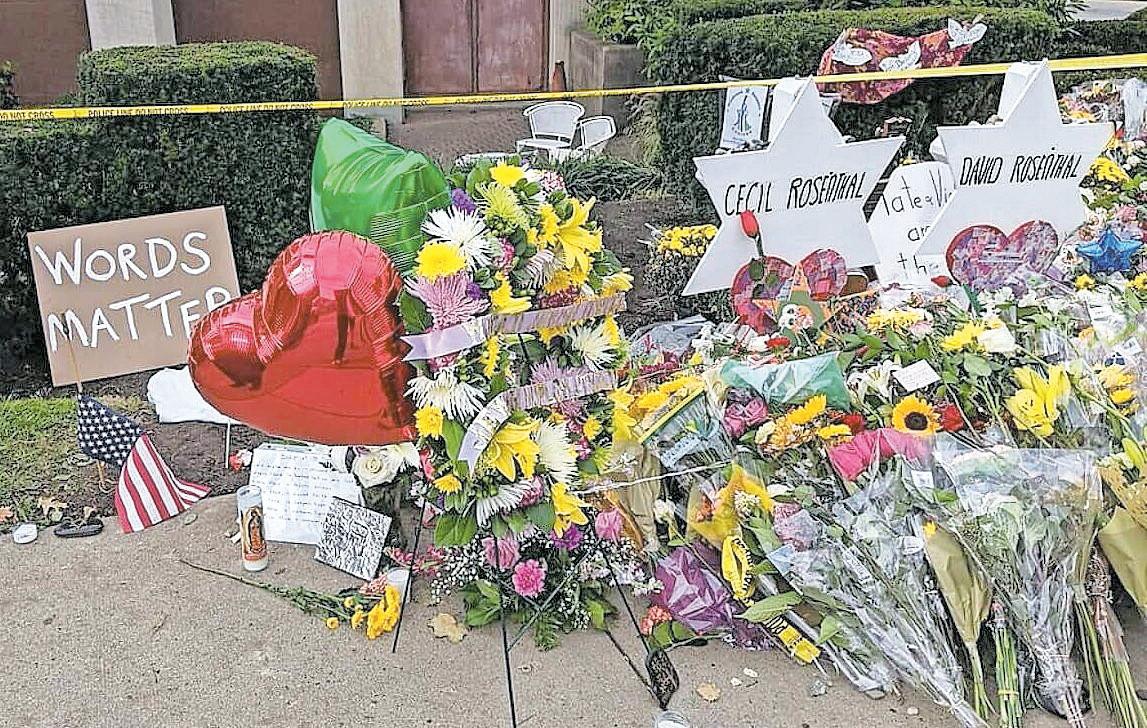
• And do something that unsettles a routine — at Shabbat that week, light an extra candle, shift the order of a prayer, invite someone unfamiliar — so we remember that nothing is immune from change.
Seven years is a reckoning. The gap between before and after is widening, for those close by and for the next generation that mostly only learns of Oct. 27 through tributes or textbooks.
Our responsibility is to keep the gap vis-
ible. Because if the gap is erased, we betray the weight of the event. If memory becomes a sanitized background, we lose the force it exerts on who we become.
May the names of Joyce Fienberg, 75; Richard Gottfried, 65; Rose Mallinger, 97; Jerry Rabinowitz, 66; Cecil Rosenthal, 59; David Rosenthal, 54; Bernice Simon, 84; Sylvan Simon, 86; Daniel Stein, 71; Melvin Wax, 87; and Irving Younger, 69, always be for a blessing.
Write: Columnist@TheJewishStar.com
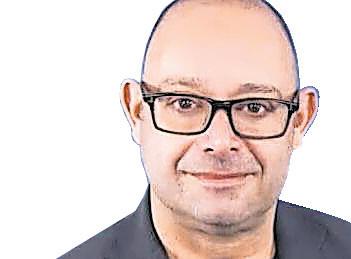
Here are direct quotes from an opinion piece, by turns extraordinary and appalling, published by the Church Times, a London-based newspaper closely aligned with the Church of England. The author is one Dan Cohn-Sherbok, a US-born Reform rabbi who lives in the United Kingdom, where he is currently professor emeritus in Jewish studies at the University of Wales:
•“Jews are not detested today because they are outsiders.”
•“The explosion of Jew-hatred today is based on deeply held moral objections to Israeli policy.”
•“Jewry today is loathed because of Israel’s merciless onslaught on the Palestinians in Gaza and the West Bank.”
If you are going to blame Jews for the current surge in antisemitism, particularly in an outlet serving the Christian community, it helps to have a Jewish author do so. The thinking here is easily explained — if a Jew says these things, then they can’t possibly be antisemitic.
Actually, the reverse is true. Having a Jew pen this tissue of lies, distortions, omissions and libels serves to legitimize and reinforce antisemitic beliefs, rather than undermining them. The tactic of using Jews or ex-Jews to denounce Judaism and its organic manifestations, which unquestionably include Zionism
If you are going to blame Jews, it helps to have a Jewish author do so.
and the State of Israel, dates back at least to the Middle Ages.
What makes Cohn-Sherbok’s contribution noteworthy is the astonishingly crude sleight of hand he applies to make a distinction between the “old” antisemitism, which he argues revolves around the “outsider” status of Jews, and the “new” antisemitism, which he insists is based on decent moral convictions about supposed Israeli crimes.
As he writes, “For more than 2,000 years, Jews have been hated because, in numerous ways, they were different from the general population. But, today, the situation is different: Jew-hatred is largely fueled now by the actions of the Israeli government.”
At no point does he question the assumptions behind this portrait of Israel. His piece takes it as self-evident that the Israeli government, and by extension the Israel Defense Forces, is motivated by a bloodthirsty desire to expunge the Palestinian presence in the Gaza Strip, and Judea and Samaria.
Anyone reading his words will simply be unaware of the long track record of Palestinian violence against Israel, rooted in an eliminationist campaign to destroy Jewish sovereignty in a part of the world that belongs, according to Islamic theology, to Dar al-Islam (“Domain of Islam”).
The most glaring omission is, of course, the absence of any mention of the Hamas-led pogrom in southern Israel on Oct. 7, 2023, which triggered the IDF’s war against the Iranianbacked terrorist organization in Gaza.
But there are other examples from the past century that he could have cited, both before and after Israel’s creation in 1948: the slaughter of Hebron’s Jewish community in 1929; the alignment of the Palestinian and Arab leadership with the Nazi regime in the ensuing decades; the attempt to snuff out Israel at birth through a combined attack waged by Arab armies; the various hijackings, bombings and

other terrorist attacks in the last three decades of the 20th century; and the rise of Hamas, which makes no secret of its desire to remove Israel from the map, in this one.
Since I don’t know Cohn-Sherbok, I am reluctant to speculate on why he is apparently so keen to denounce the Jewish state, but given what he does for a living, I can’t believe that his is merely a case of ignorance.
He may believe that he is representing the tradition of Jewish opposition to Zionism that was definitively marginalized after World War II, not least because so many of its proponents, like the Socialist Bund, were exterminated during the Holocaust. But if so, he has failed to realize that Jews do not set the terms for the contemporary discussion.
The vast majority of modern-day opponents of Zionism are non-Jews who know nothing at all about Jewish history, and who are in thrall to a “Palestinianist” political cult with its own dress code and slogans.
Just as the early Jewish followers of Jesus were overwhelmed by the gentile embrace of Christianity 2,000 years ago, which quickly led to the rejection of Judaism as an ossified, resentful faith that bore ultimate responsibility for the execution of Jesus at the hands of the Romans, the Jewish anti-Zionism that crystallized at the end of the 19th century has undergone a similar experience — morphing into what I call an “antizionism” driven by non-Jews that borrows generously from deeper antisemitic traditions in both Christianity and Islam.
See Cohen on page 22
DANIEL GrEENFIELD
Jewish studies
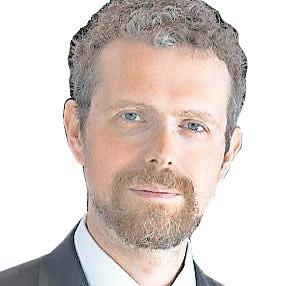
Frankly, why not? The political class of the city where most of the 9/11 deaths took place is on the verge of electing an Islamist who just met with a jihadist imam who refused to condemn Osama bin Laden.
Syria has been taken over by Al-Qaeda/ISIS with our support, we’re in the middle of bailing out Hamas, and just gave Article V protection to Qatar, which harbored Khalid Sheikh Mohammed, the mastermind of 9/11.
‘A man named Osama bin Laden’ stood up to ‘Russian invaders.’
It’s the perfect time for the new CAIR (Council on American–Islamic Relations) curriculum.
The CAIR NJ chapter describes it as helping “teachers adopt a more nuanced approach to 9/11 in their classrooms.”
Here’s the more “nuanced” approach.
•“The US fought the Soviet Union who had invaded Afghanistan in the 1980s by supporting the rebels that stood up against the Russian invaders, including a man named Osama bin Laden and people who later formed the Taliban.”
•“A man named Osama bin Laden” standing up to “Russian invaders.” Also the Taliban.
•The CAIR curriculum then urges teaching Osama bin Laden’s “Letter to America.”
The “Letter to America” was not actually written by Bin Laden, but by a leftist American hippie who converted to Islam and produced propaganda meant to manipulate Americans. Urging people to read it is not a way of understanding Al-Qaeda’s motives but rather to spread Al-Qaeda propaganda to Americans.
It’s the difference between reading about Hitler’s plans and a transcript of a Lord Haw-Haw broadcast.
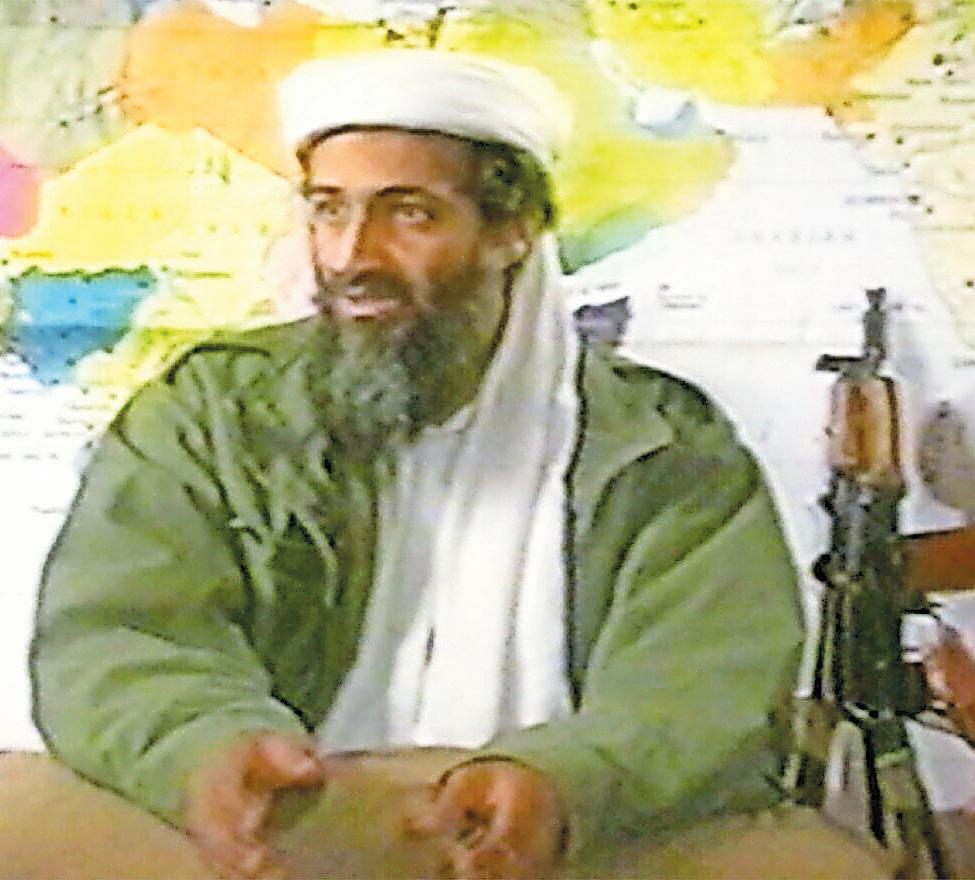
The CAIR curriculum describes 9/11 as a “group self-identifying as Al-Qaeda hailing from the mountains of Afghanistan launched separate plane hijackings” in response to “America’s support of Israel, their involve-
ment in the Persian Gulf War, and the vast presence of the U.S. military in the Middle East.”
The terrorists were mostly from Saudi Arabia. They used vectors such as Germany. The attacks were not about Israel, and CAIR elides the stated justification, which is a religious objection to infidels being in the land of Mecca and Medina, not the “vast presence of the U.S. military in the Middle East.”
The rest is the expected “Muslims are the real victims of 9/11” stuff.
“While Islamophobia and anti-Muslim racism existed long before the 9/11 attacks, this time period marked a stark shift in US policy and statesponsored Islamophobia in the US and abroad.”
It then spends far more text on the supposed Islamophobia than on 9/11, where the deaths get about one sentence.
How many teachers are adopting this “nuanced” approach of circulating Al-Qaeda propaganda and describing Osama bin Laden as a man standing up to “Russian invaders” as his defining identity?
Better keep an eye on your schools.
Write: Columnist@TheJewishStar.com
Teach Coalition
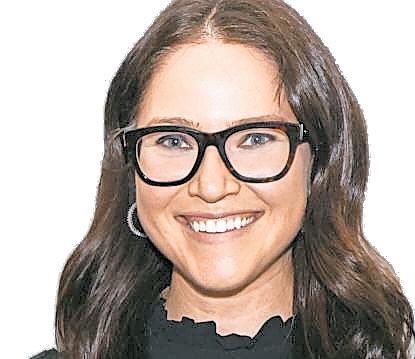
The tuition crisis has been on the Jewish community’s agenda for many years. Teach Coalition has worked together with community leaders, politicians and schools to bring relief in the form of additional government funding.
We’ve achieved remarkable progress, but no silver bullet has appeared — until now. With the creation of the Federal Scholarship Program, we are on the cusp of a revolution in Jewish education, making it vastly more affordable and accessible.
The new program (which goes into effect in January 2027) gives federal tax credits for donations to scholarship organizations, allowing donors to reduce their tax bill by 100% of the amount donate, up to $1,700 per year. The scholarship organizations take the money and give

out scholarships that can be used for a range of education expenses including, crucially, scholarships for nonpublic schools. This will Jewish day schools more affordable for more families.
Aside from tuition, the scholarships can be used for special needs services, transportation, tutoring and similar expenses. The federal legislation comes at a crucial time. Antisemitism is on the rise and more Jewish parents are seeking schools where their children feel safe and
supported, and where they can be proud of their identity, feel a sense of belonging, and study Jewish texts, history and culture. Indeed, since the events of Oct. 7, more families are interested in providing their children with a Jewish education.
But it’s too soon to declare victory — because there’s a pretty big hitch: In order to unlock the potential offered by this legislation, each state must opt in to benefit.
To get this done, we need communities across the country to stand up, make their voices heard and clearly say: Our children deserve the support needed to attend the school that best suits their needs.
Thankfully, we are well prepared to seize the opportunity before us. Not only has Teach Coalition spent more than a decade building and leveraging relationships on state and local levels, we have also proven the power of communal advocacy and to make Jewish education more accessible in the last decade.
In Florida, every Jewish day school student now gets more than $8,000 off their tuition thanks to universal state scholarships, and the
state maintained $20 million for Jewish school security in this year’s budget, despite statewide budget cuts.
In New York and New Jersey, Jewish schools now get annual state funding for a range of school expenses; in 2025 saw our schools receive $40 million in STEM teacher salaries and $70 million in health and security expenses. Moreover, this year for the first time all Jewish schools in New York are eligible for universal free meals for their students.
Other accomplishments include a pilot program providing busing to Jewish schools in Baltimore and the possibility of opening a statefunded Jewish special education school in California, thanks to the landmark Loffman v. California Department of Education court ruling. Now we must turn the energy, community involvement and expertise that brought about these accomplishments toward actualizing the federal scholarship program. The future of Jewish education in America has arrived on our doorstep.
Sydney Altfield is national director of Teach Coalition. Write: Columnist@TheJewishStar.com
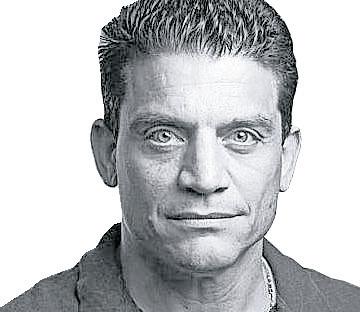
During an appearance on “The Fifth Column” podcast, right-wing media personality Megyn Kelly made a revelatory admission: She would not condemn antisemitism by political commentators and podcasters Tucker Carlson or Candace Owens. Her reasons? Carlson, she said, “is a friend,” and she doesn’t believe that he is antisemitic. Owens, she explained, is a “young mom” of three kids, and she’s under “a lot of pressure.”
Moral courage means calling out hate wherever it appears.
Most strikingly, Kelly emphasized that her “real battle” is with the left, not the right, even when figures on the right indulge in antisemitic conspiracies or rhetoric.
This isn’t empathy. This is moral confusion, and it’s dangerous.
Kelly’s stance reflects a broader sickness in American discourse, the tendency to excuse evil, or at least ignore it, when it comes from one’s own ideological camp. Friendship and partisanship are not virtues when they silence truth and encourage evil ideas. They are the tools by which bad ideas metastasize.
Kelly may not believe Carlson is an antisemite, but his words and the narratives he amplifies are steeped in tropes that have endangered Jews for centuries. At last month’s memorial service for Turning Point USA founder and conservative activist Charlie Kirk, Carlson insinuated that Jewish men meeting in “lamp-lit rooms” in Jerusalem were plotting against truth-tellers, an unmistakable echo of centuries-old antisemitic conspiracy myths.
He has entertained Holocaust revisionists and amplified voices that downplay German
Nazi atrocities, weakening the moral clarity around modern history’s darkest chapter. He has also promoted “replacement theory” and other demographic conspiracies rooted in the notion of a hidden elitist cabal manipulating society, a familiar and deadly refrain against Jews.
Whether Carlson “means it” is irrelevant. The effect is the same — the normalization of rhetoric that has historically justified persecution and mass murder.
When influential figures like Kelly refuse to confront such language they are not practicing kindness but permit poison to spread.
This kind of silence normalizes bigotry, allows extremist ideas to enter the mainstream unchallenged, undermines the credibility of journalism and leaves vulnerable communities, including Jews, more exposed to hatred and violence.
Moral courage is not partisan. It means calling out hate wherever it appears — whether from campus mobs chanting “from the river to the sea” or from right-wing influencers waxing conspiratorial about shadowy Jewish power.
The world witnessed what happens when
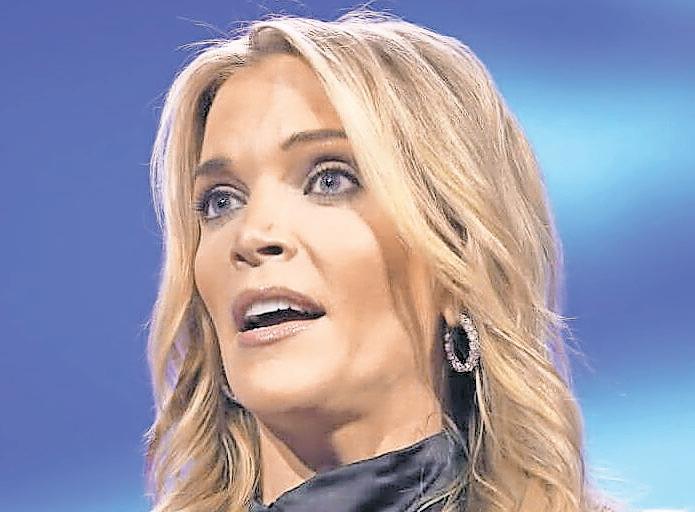
genocidal ideology is allowed to grow unchecked. Hamas’s massacre of Oct. 7 was not born in a vacuum; it was the product of decades of indoctrination, denial and moral relativism masquerading as “balance.”
Those same habits, refusing to call out evil, prioritizing loyalty over truth and excusing hatred when it comes from “our side,” now infect
Continued from page 18
stead of owning up to his prejudice and that of those who share his views, he bemoans the way Muslims are treated and says that anyone who notices his antisemitism is an Islamophobe.
This is enormously popular among Muslims and also appeals to those on the intersectional left-wing who believe the war that Islamists are waging against the West is a function of a racial conflict in which victim-
Continued from page 17
When we enter the polling booth, we are not performing a symbolic act. We are exercising free will, and our decision matters. A voter weighing policies that affect community safety is participating in Hanhagas HaMishpat. At the same time, we can vote without fear, knowing that no election result or human policy can alter G-d’s true design.
The wrong candidate cannot prevent the ultimate redemption.
Our civic responsibility belongs to the realm of Hanhagas HaMishpat, but the world continues to move forward through Hanhagas HaYichud.
As Election Day approaches, this is the message of Lech Lecha. Your vote matters. Cast it with care and conviction. Then, when the results come in, remember that no election determines the true course of history. That path was set long before the first ballot and will continue long after the last vote is counted.
We are called to be responsible citizens and faithful servants, shaping the world through our choices while trusting in the divine plan that guides all of history.
Write: Columnist@TheJewishStar.com
Continued from page 17
When they say it’s not “realistic” to expect Jews to come together and love one another, I would respond with Hashem’s response: “Is there anything beyond Hashem’s ability?”
The Ruzhiner Rebbe tells the story of a would-be convert who comes to the great Hillel after being rejected by Shammai (Masechet Shabbat 31a), asking to learn all of Torah al regel achat (while standing on one leg).
Most understand this to be a provocative “acrobatic” act intended by the non-Jew to
ized people of color are “resisting” white oppressors. In this way, Islamist terrorism is justified, while Jewish and American victims are erased.
No one should be targeted for his or her religious faith or ethnic identity. And the only people who should be blamed for Islamist terrorism are those who commit and support it.
But the idea that American Muslims are in the crosshairs of a vicious backlash based on religious prejudice is still a myth. And those “pro-Palestinian” activists like Mamdani who support a war against the Jews deserve to be identified and held accountable for it.
get Hillel to become angry, given its apparent impossibility. Rather than get angry, Hillel tells him something remarkable: “What is hateful to you, don’t do to your fellow.” Treat your fellow amicably. That is all of Torah, and the rest is commentary.
We were not doing that for a year prior to that fateful Shmini Atzeret on Oct. 7, 2023. For that, davka, on Shmini Atzeret we faced a terrible rebuke from Hashem — a middah k’neged middah (measure-for-measure) response for our misdeeds.
And then, without a commandment or directive, we came together as one people. The message immediately was, and is, b’yachad nenatzeach (together we will win). That was and is the reality.
That message, unfortunately, has been fraying for some time. We must reclaim it. That is the solution. That is the key to our redemption.
He’ll do His part. We must do ours.
Columnist@TheJewishStar.com
Continued from page 17
on Israel to start the Six-Day War back in 1967 when there were no “occupied territories”?
Why when Israeli Prime Minister Ehud Barak offered more than 90% of the “disputed” territories to Palestinian leader Yasser Arafat at Camp David in 2000, did Arafat flatly refuse it without even making a counteroffer (with President Bill Clinton, who presided over those peace meetings, angrily stating that Arafat lied and was never negotiating in good faith.
Because the Palestinians don’t want their state, they want our state! They simply cannot accept us in the neighborhood and want us out completely. We have no partner for peace, no matter how much we may compromise.
Other than Israel, is there any nation that would tolerate thousands of missiles being fired from a neighboring country without retaliating mightily? Israel has been remarkably restrained in its response.
As for justice? We invented justice. Our Torah
The purpose of promoting the dubious claim that Islamophobia is spreading is clear. It is a perfect example of gaslighting, as it is almost only used when it concerns efforts to identify the hate for Jews that is mainstream in the Arab and Muslim communities. Through this endeavor, the real hatemongers get to play the victims of prejudice, while the victims of their hatred are wrongly accused of being bigots.
The phenomenon is particularly egregious as Jews confront the likelihood of Mamdani — whose public career has revolved around antisemitism — becoming the mayor of New York
is the ultimate source of true justice. “An eye for an eye” in our view means the monetary value of an eye, not to gouge out the perpetrator’s eye, or chop off hands as is done in many Arab countries to this day.
Is Israel perfect? Of course not. Human errors happen. But there is no deliberate genocide. What an archetypal big lie! Israel remains the only democracy in the entire Middle East, and its laws are fair and equitable to all, Jew and Arab alike.
So Jews, get educated! Discover the facts and stop undermining your own homeland and its courageous people. When you understand the truth, you will no doubt stand together with your brothers and sisters and defend them from the terror, hate and the diabolical schemes to destroy Israel completely.
Like Abraham, if you want to change the world, you must first know who you are. Without having a personal mission of your own spiritual identity, you will never be able to successfully take on a universal mission. It will fail and backfire with serious damage.
Remember, only if you know who you are can you hope to change the world.
Columnist@TheJewishStar.com
Continued from page 19
Cohn-Sherbok’s evident reluctance to draw the necessary links between antisemitism before the advent of Zionism with its shifts afterwards goes a long way in explaining his false distinction between old, discredited forms of antisemitism and new, “understandable” ones.
The absurdity of this position cannot be overstated, especially as he lives in a country where the pro-Hamas solidarity movement openly attacks “Jewish supremacy,” invokes the ancient “blood libel” to denounce the Jewish state, and asserts that Jews are a foreign body in the Middle East (sadly, he would not be the only Jewish studies academic to share this latter view.)
He then opines that hatred of Jews will not “cease because the Jewish community demands it. Instead, antisemitism will intensify until the
City. The message they are getting from media outlets like the New York Times that are promoting this false narrative about Mamdani is that to raise the question of Muslim antisemitism is to be an Islamophobe.
If New York is to elect an antisemite as the city’s mayor, let’s be clear about what those seeking to clear the path for such an outcome are doing. Their goal is much like the tone that has characterized coverage of the post-Oct. 7 war against Hamas, in which terrorist propaganda and lies are treated as truth, and the truth about the genocidal goals of Israel’s opponents is sent down the Orwellian “memory hole.” Write: Columnist@TheJewishStar.com
Palestinian problem is solved.”
This, again, is ludicrous, particularly as the “solution” advanced by Hamas, by radical left Palestinian factions and, in their hearts, by the bureaucrats running the Palestinian Authority would require Israel’s extinction. What does he imagine would happen to those Israeli Jews who survived the destruction of their state? That they would be welcome in a “free Palestine”? That the European demonstrators presently lauding Hamas would provide them with new homes and livelihoods? What Cohn-Sherbok should know is that antisemitism is not a phenomenon that will just disappear. Instead, it transforms and mutates.
In the 80 years since the defeat of the Nazis, Jews have learned that lesson the hard way. Whether they exist as a defenseless minority or within an empowered, sovereign state, the persistence of antisemitic beliefs among non-Jewish populations is something that Jews will always have to confront.
That is why the overwhelming majority of Jews regard Israel’s existence as providing the justice denied to them over two millennia, as well as a lifeline for them and their families. No amount of slimy propaganda — published in the example under discussion here by an outlet that really should know better — will change that.
Write: Columnist@TheJewishStar.com
Continued from page 20
parts of the American right. And silence, as history teaches, is never benign.
The United States doesn’t need more celebrities choosing comfort over courage. It needs leaders of all backgrounds and political stripes who are willing to confront hatred, even when it comes from friends.
Because the real battle isn’t between right and left. It’s between those who tell the truth and those who let lies masquerade as principle.
Micha Danzig an attorney active with pro-Israel organizations, served in the IDF, is a former NYPD officer.
Write: Columnist@TheJewishStar.com

















